Gibson Les Paul Vs Vintage V100. A Balanced Perspective. £2500 or £500. You Decide.
When it comes to iconic electric guitars, the Gibson Les Paul and the Vintage V100 stand out as distinct choices with their own set of characteristics. In this article, we'll delve into the pros and cons, shedding light on the aspects of craftsmanship and affordability that differentiate these two guitars.
Gibson Les Paul:
Pros:
1. Heritage and Prestige:
- The Gibson Les Paul boasts a rich legacy, providing players with a sense of prestige and a connection to the instrument's iconic history.
2. Tonewood Selection:
- Gibson Les Pauls often feature high-grade tonewoods, contributing to their signature warm and sustain-rich tone. The combination of a mahogany body and a maple top is a classic formula that many players adore.
Cons:
1. Inconsistent Quality Control:
- One significant drawback associated with Gibson is its reputation for inconsistent quality control. Some players have reported issues such as uneven frets, finish imperfections, and other quality-related concerns.
2. Price Tag:
- The primary consideration with a Gibson Les Paul is the higher price point. While authenticity and craftsmanship come with a cost, potential quality inconsistencies can be a concern.
Vintage V100
Pros:
1. Affordability:
- The Vintage V100 stands out as an affordable alternative, offering a Les Paul-inspired design at a fraction of the cost. This makes it an attractive option for players seeking exceptional value for money.
2. Quality Construction:
- Despite its lower price, the Vintage V100 maintains a level of craftsmanship that surprises many players. It often features a mahogany body with a carved maple top, delivering respectable tonal quality.
3. Consistent Value for Money:
- Vintage guitars are renowned for providing consistent value for money. Players often find that the quality and craftsmanship exceed expectations given the affordable price point.
Cons:
1. Brand Recognition
- The Vintage brand may not carry the same level of prestige and recognition as Gibson, given its shorter history. However, this doesn't necessarily reflect the instrument's inherent quality.
2. Resale Value
- While the Vintage V100 offers excellent value for money, it may not retain the same resale value as a genuine Gibson Les Paul.
Conclusion
Considering the trade-offs between craftsmanship and affordability, the choice between a Gibson Les Paul and a Vintage V100 boils down to personal preferences and priorities. If you prioritize heritage, craftsmanship, and are willing to make a significant investment, a Gibson Les Paul may be the right choice, despite potential quality control concerns. On the other hand, if you seek incredible value for money without compromising on quality, the Vintage V100 presents an appealing option with consistent craftsmanship at an accessible price point. Weighing these factors against your playing style and tonal preferences will guide you towards the guitar that best suits your needs.
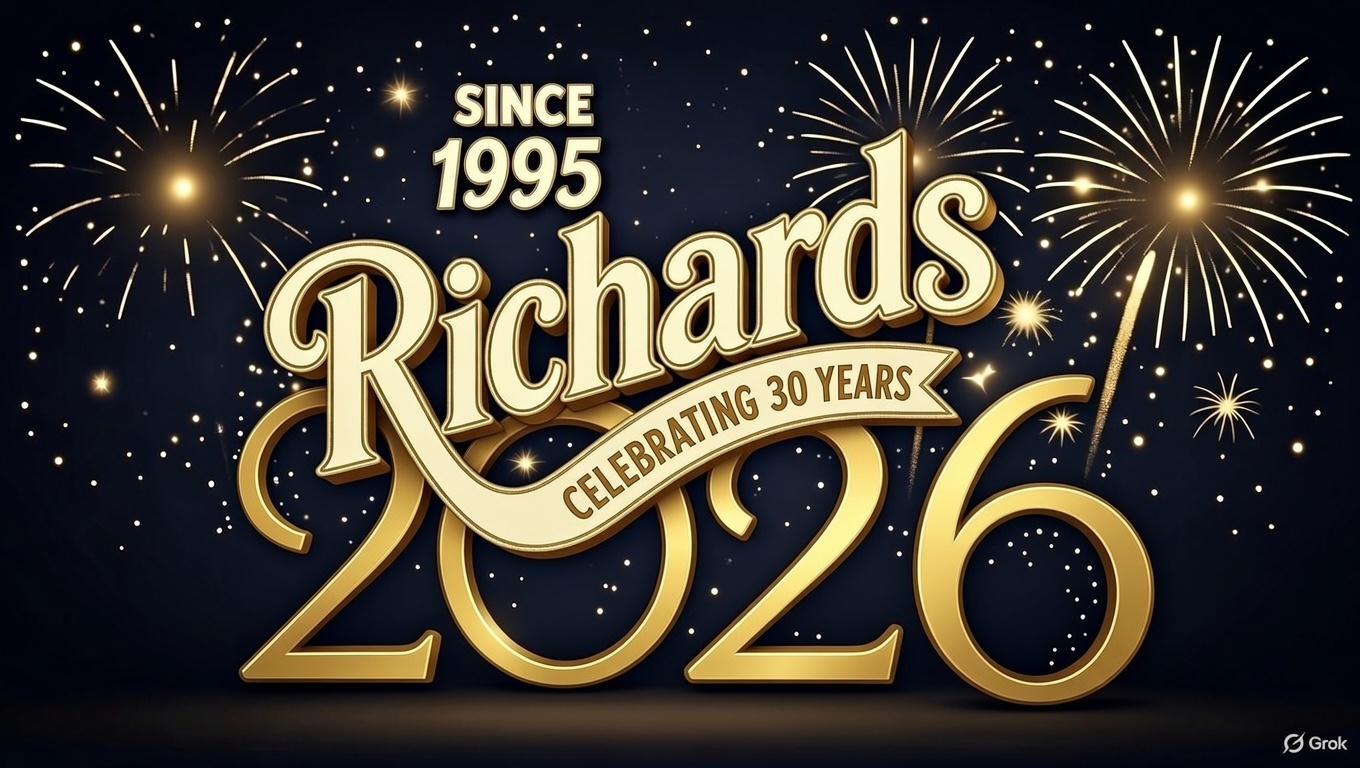
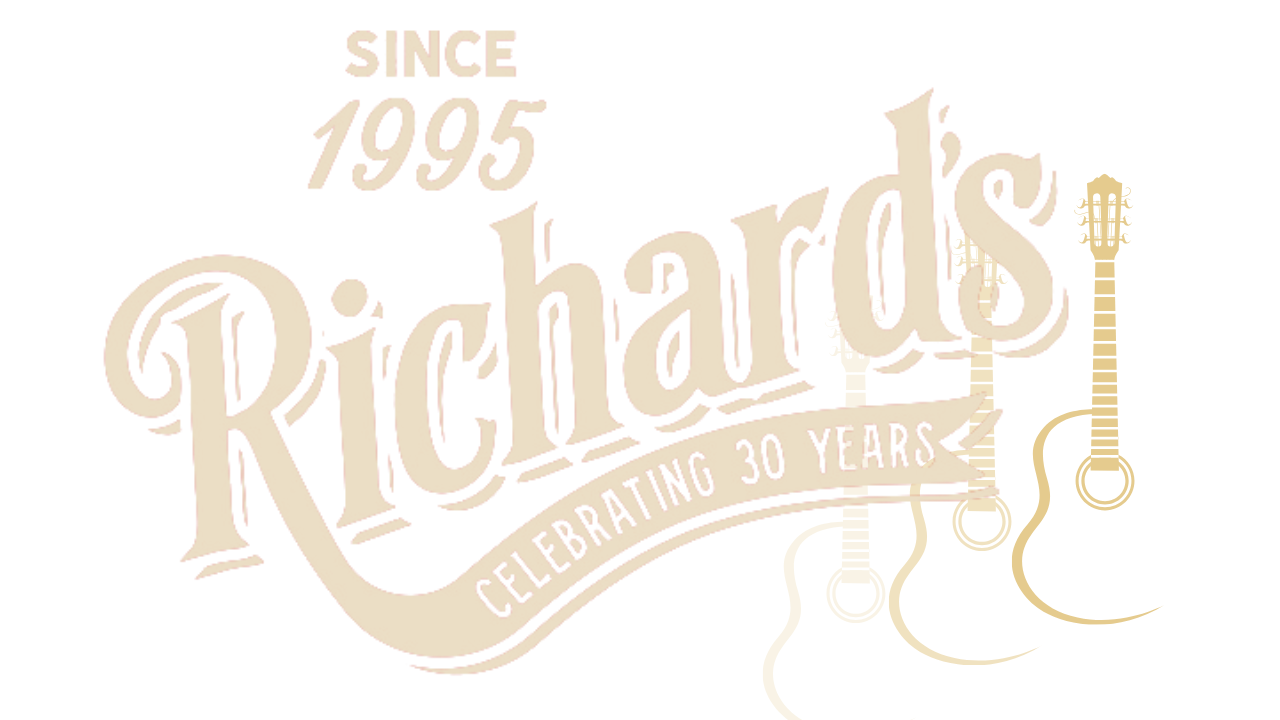


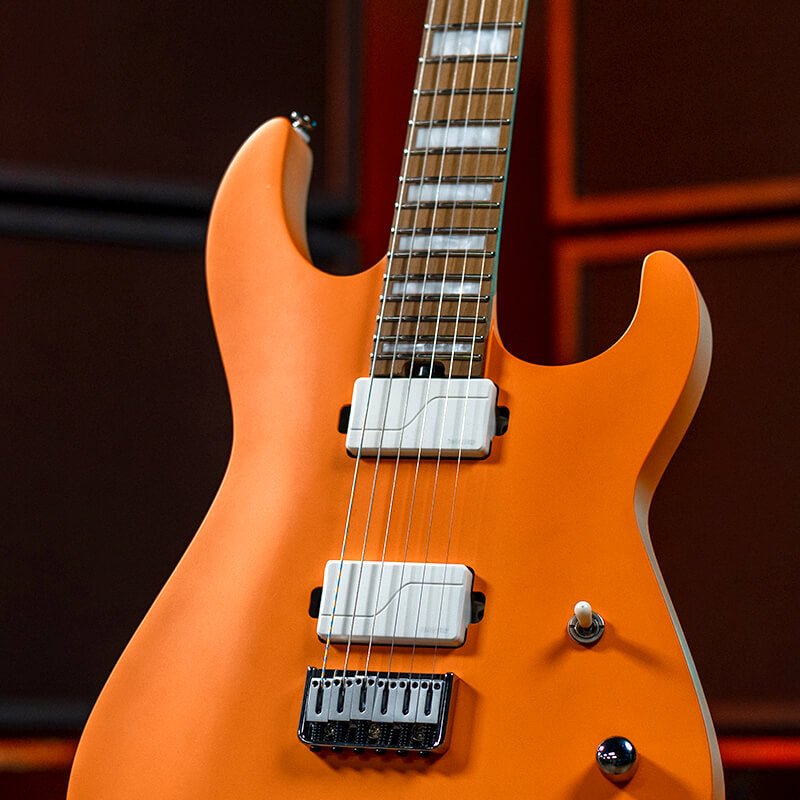
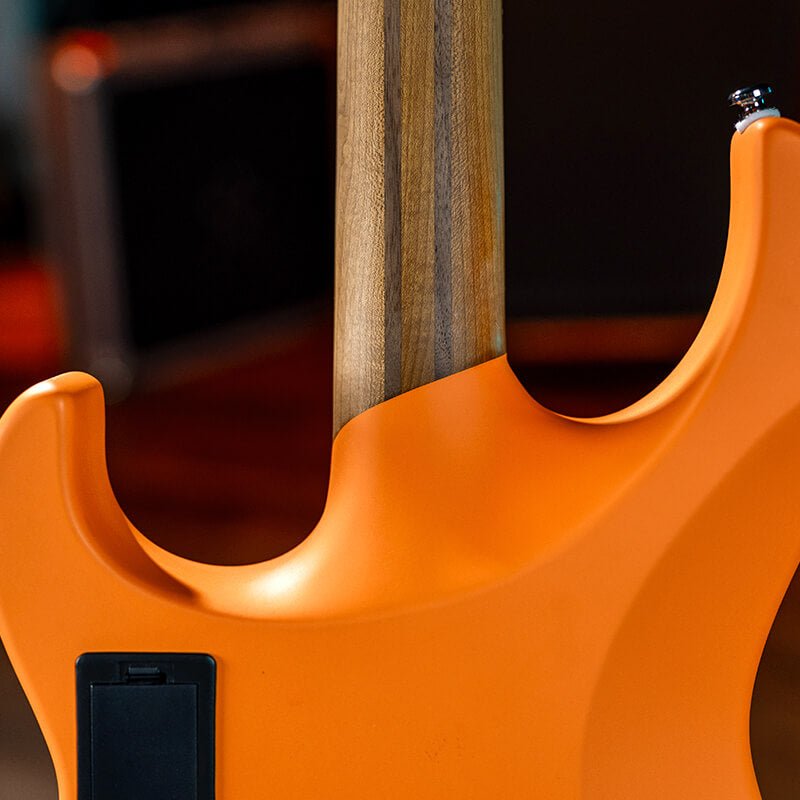
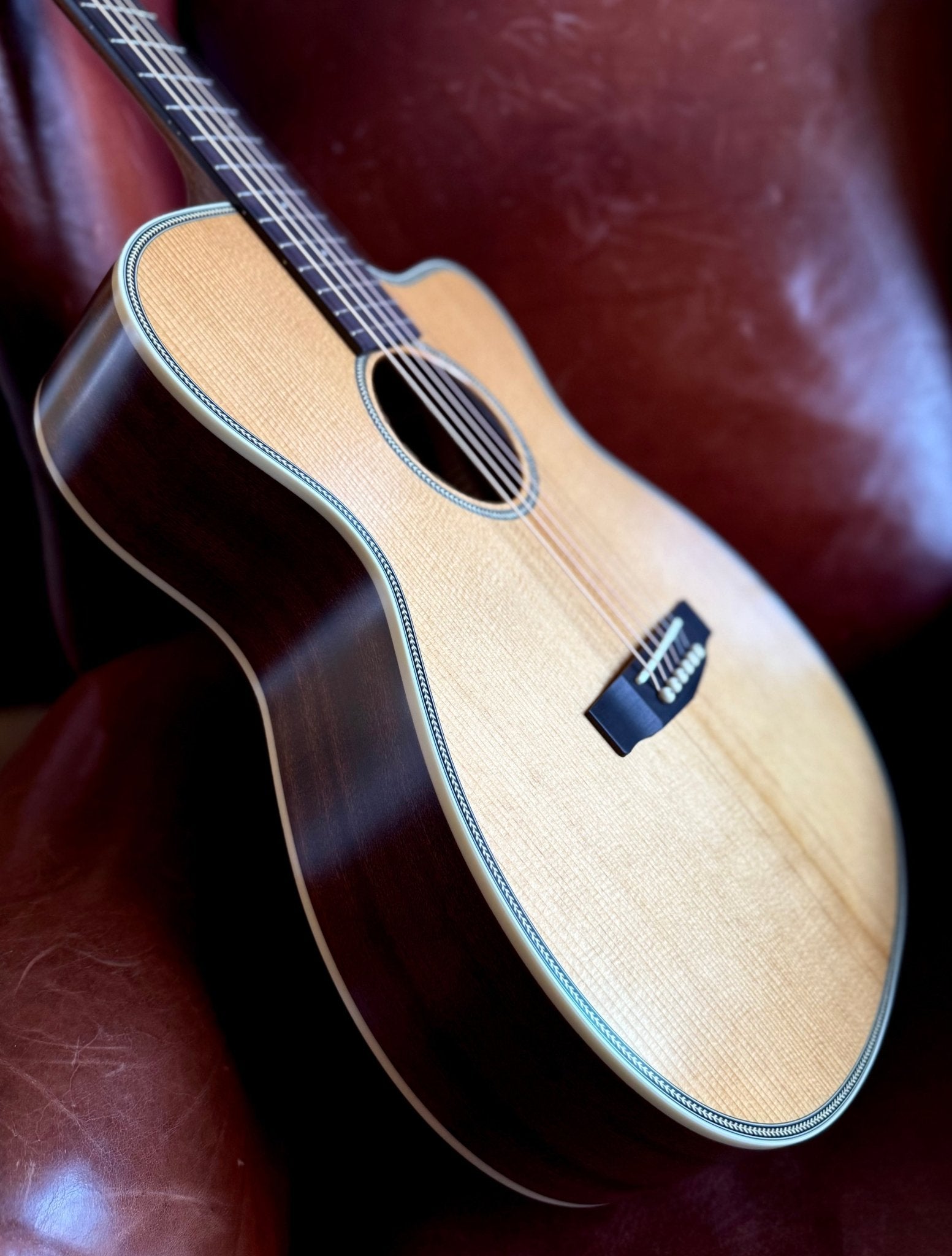
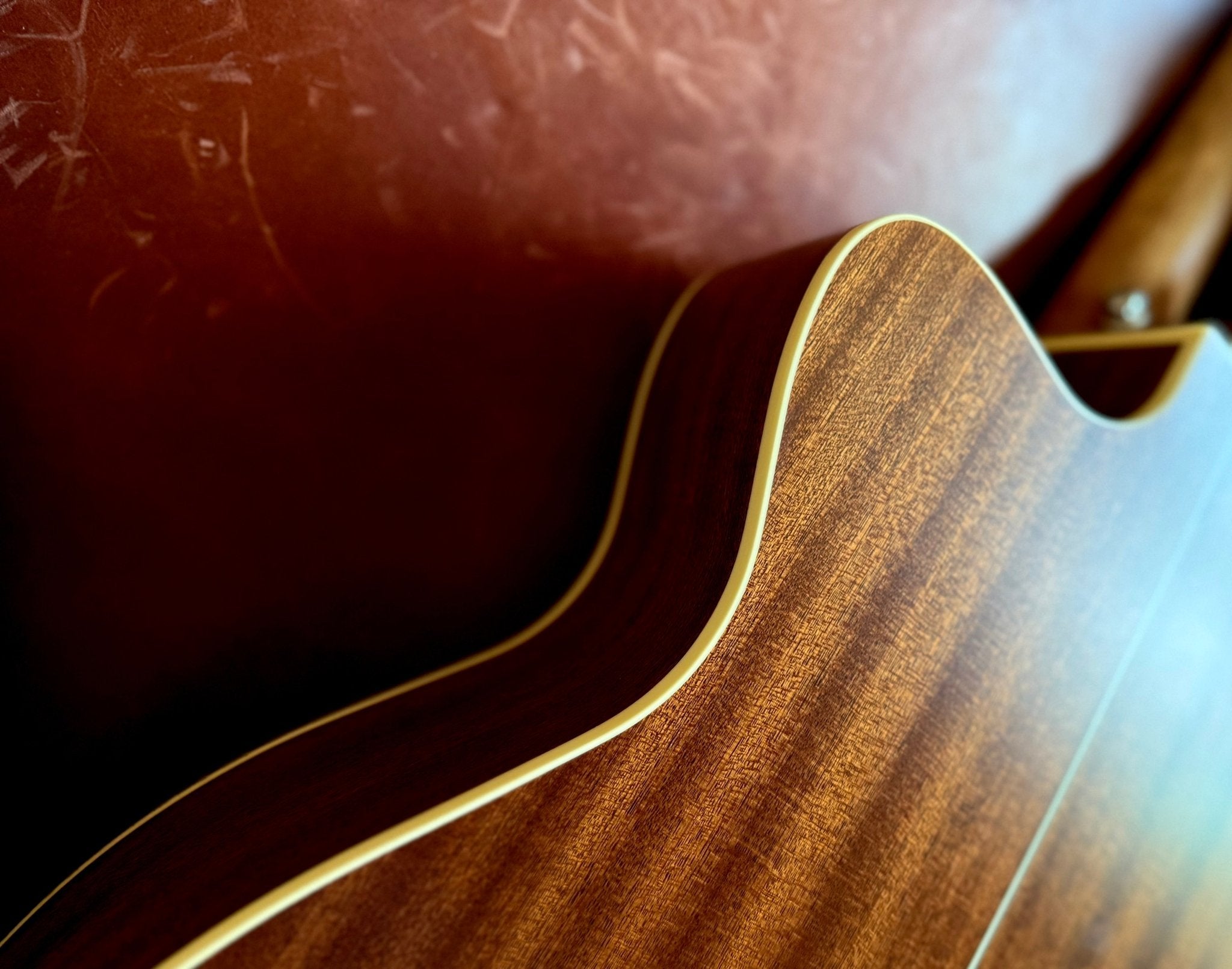
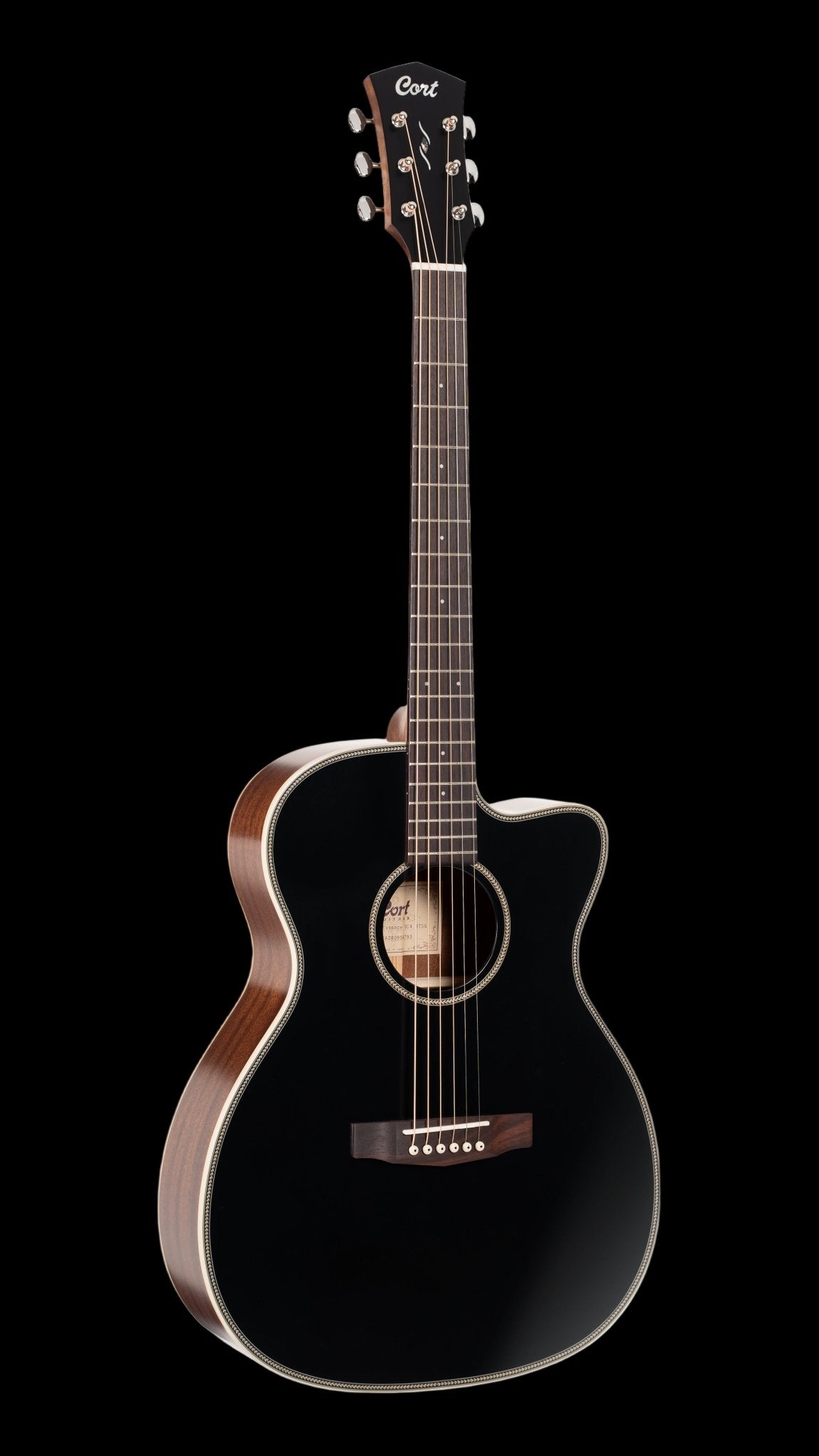
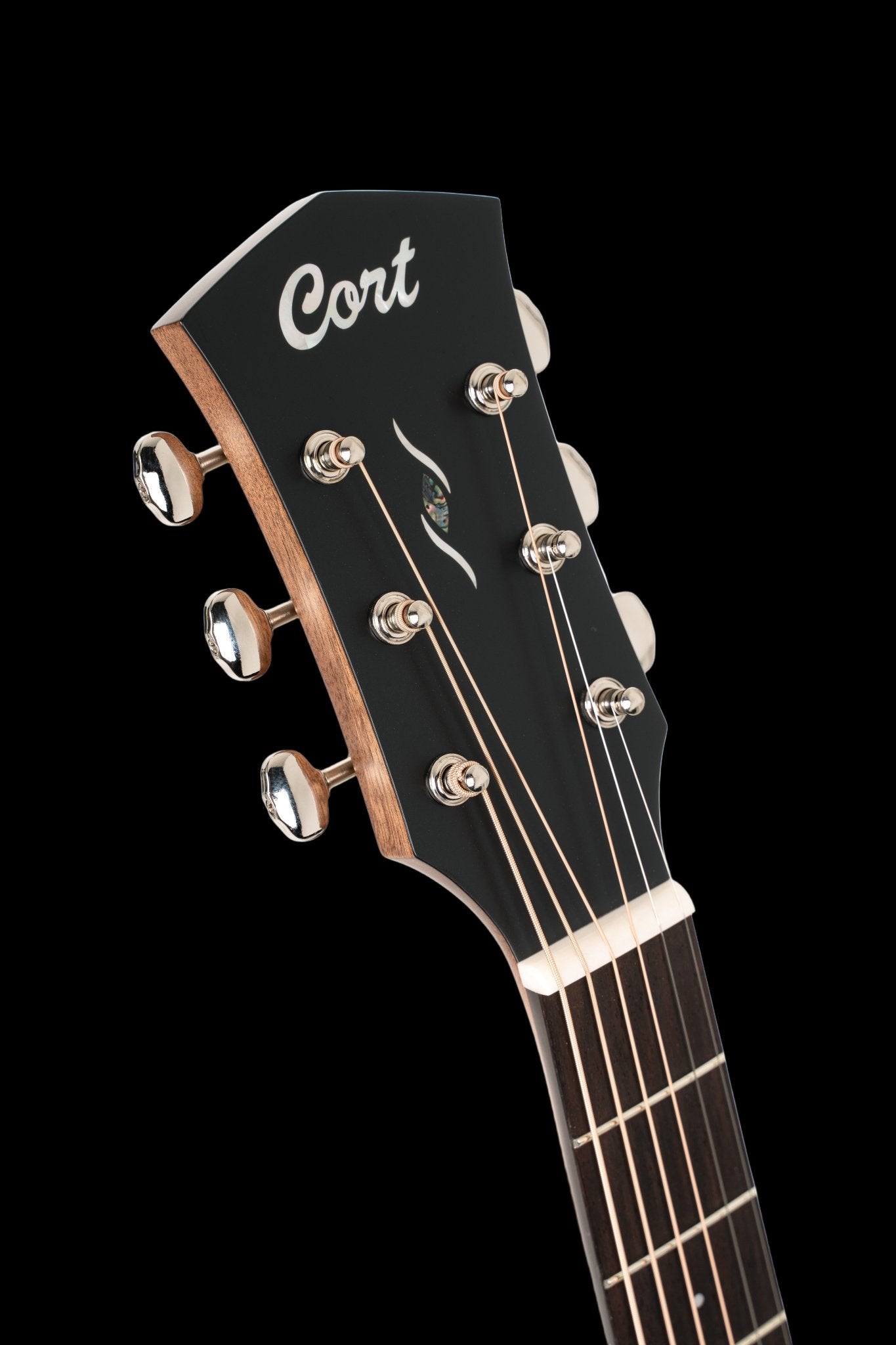
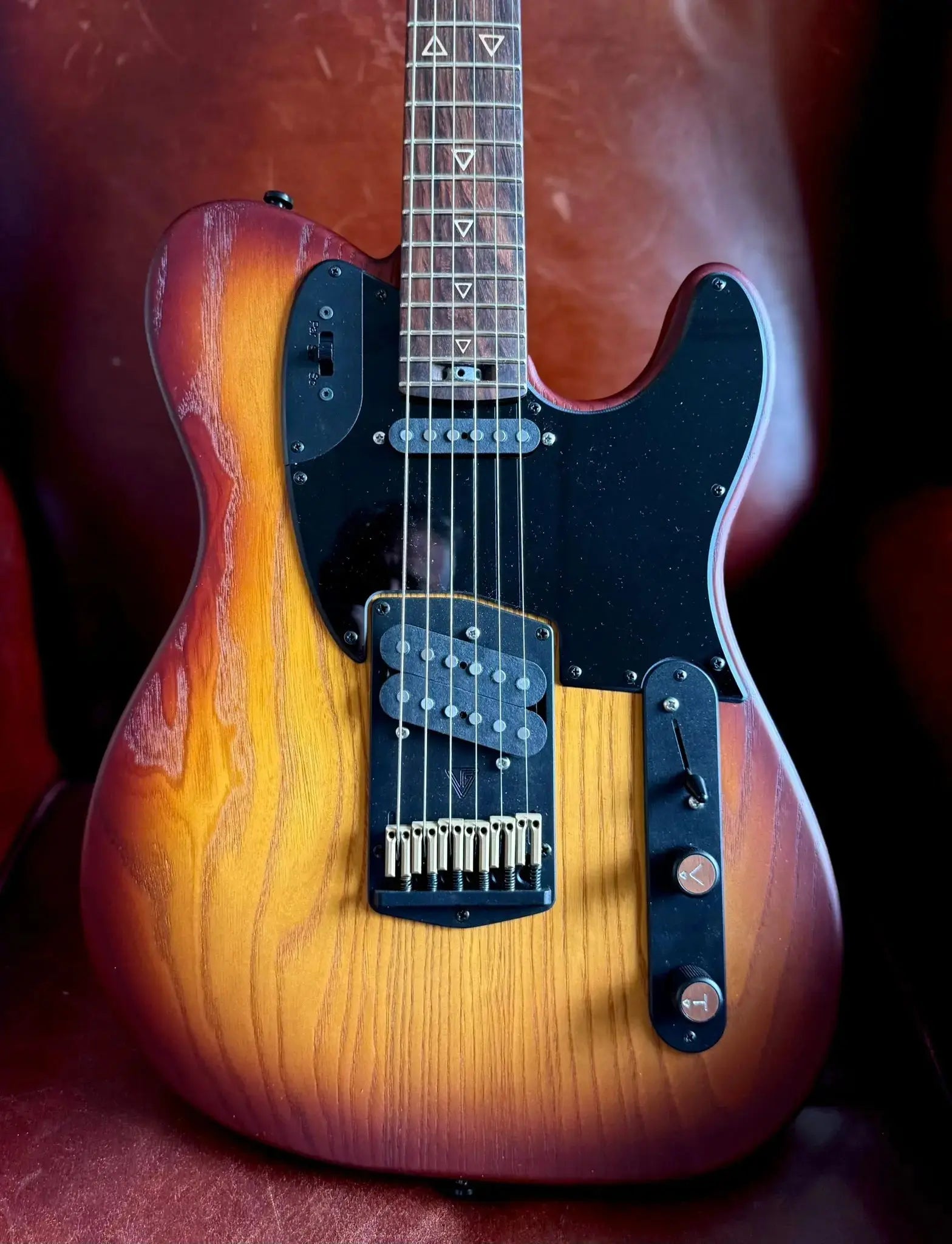
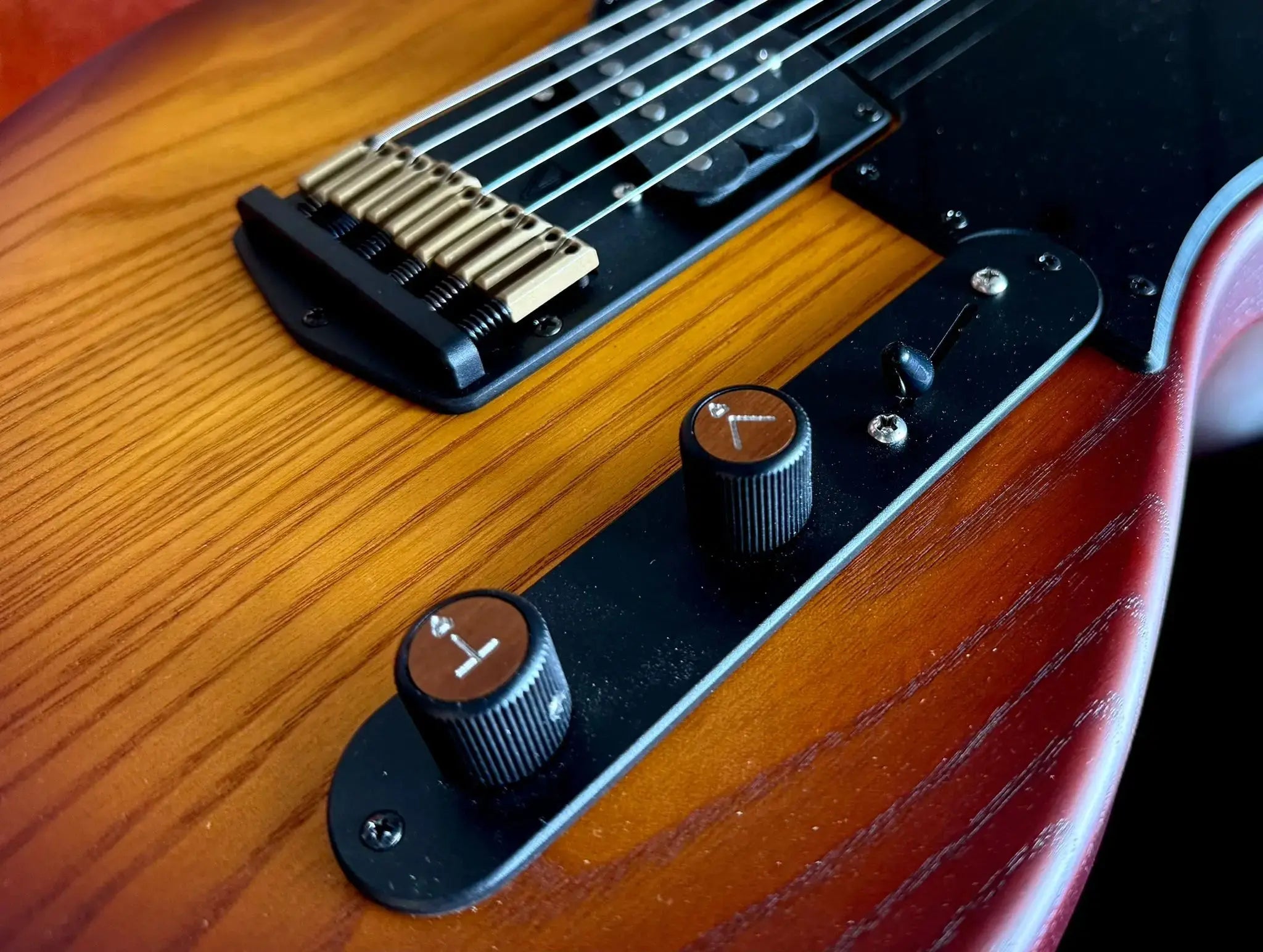
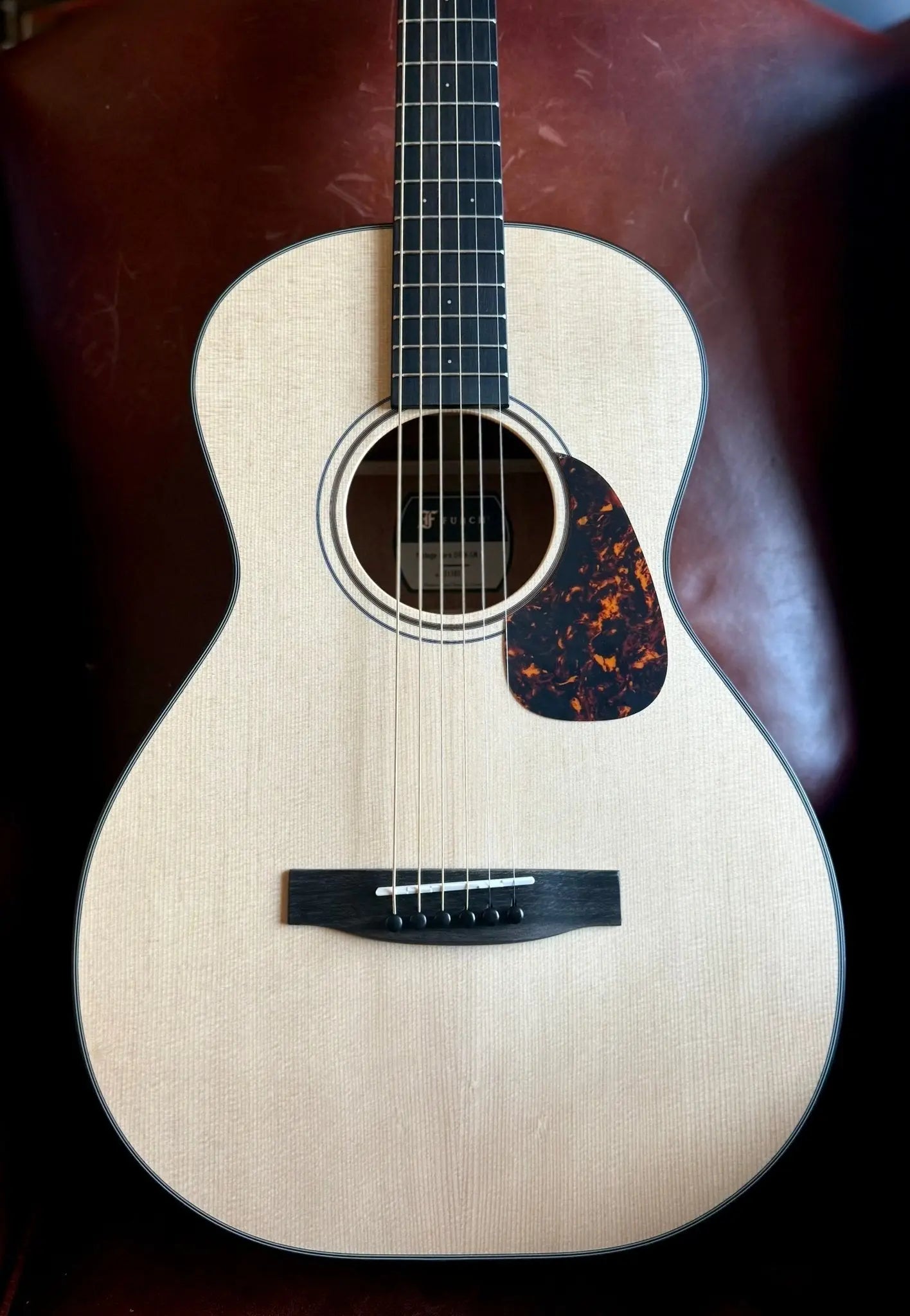
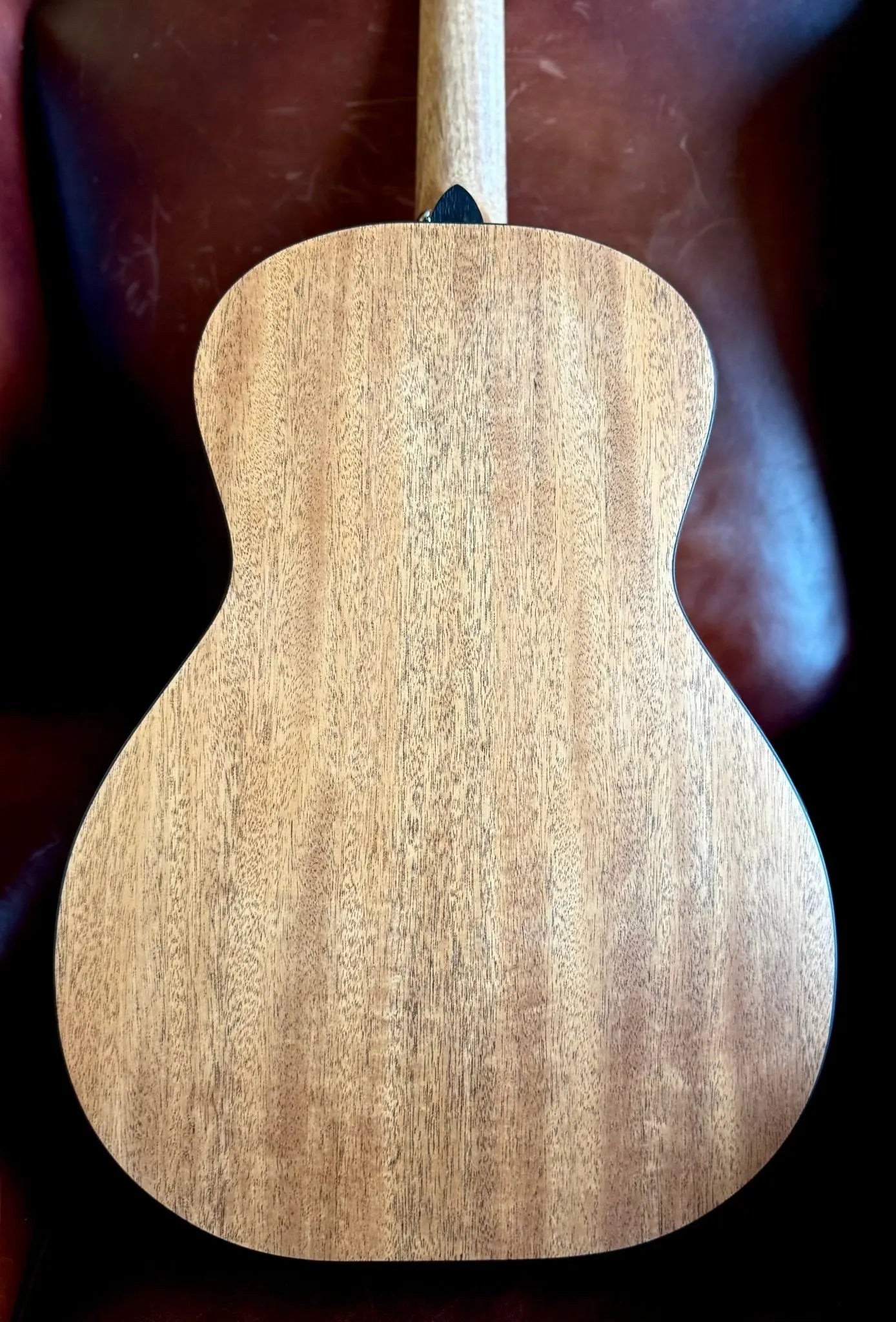
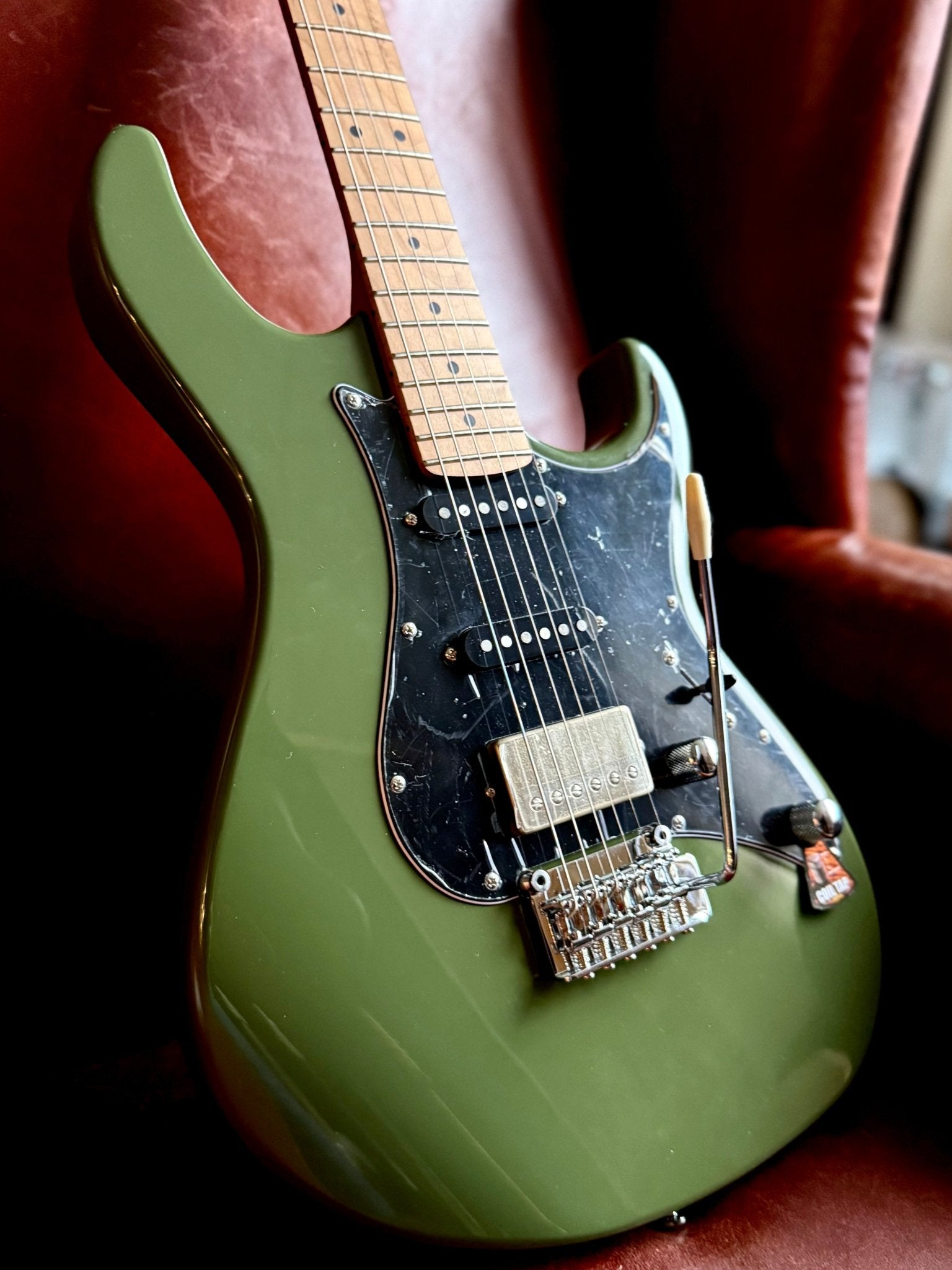
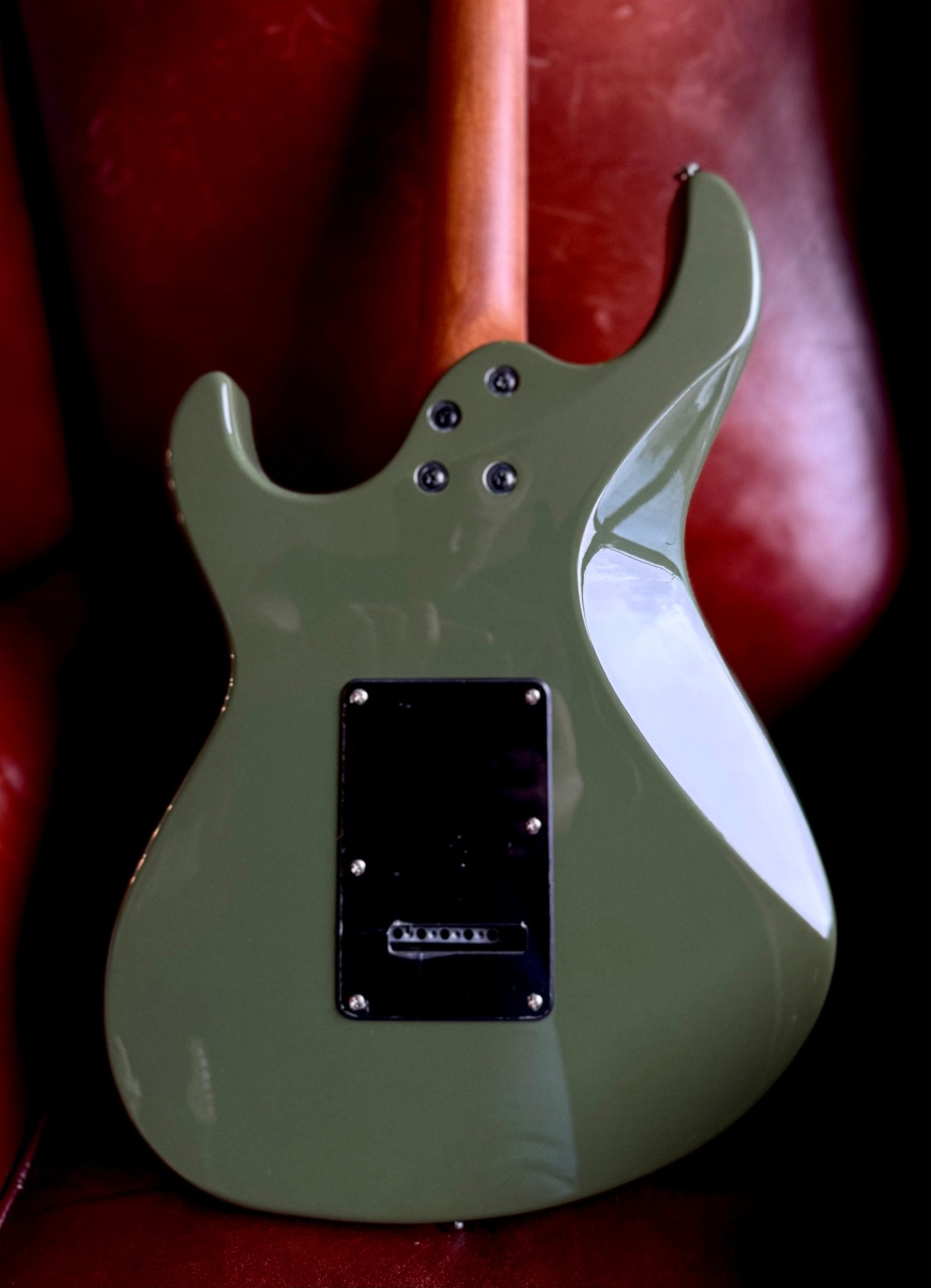
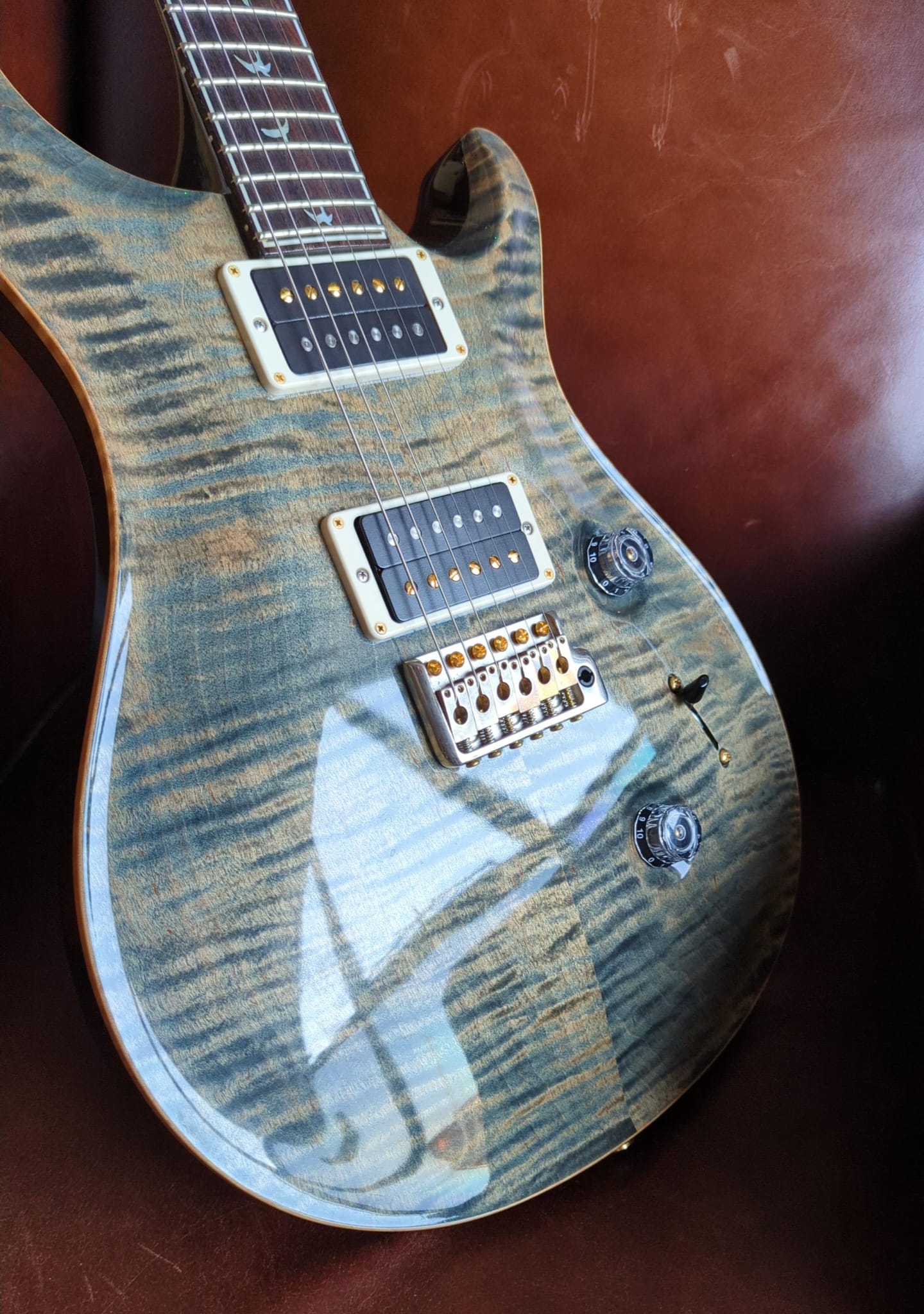
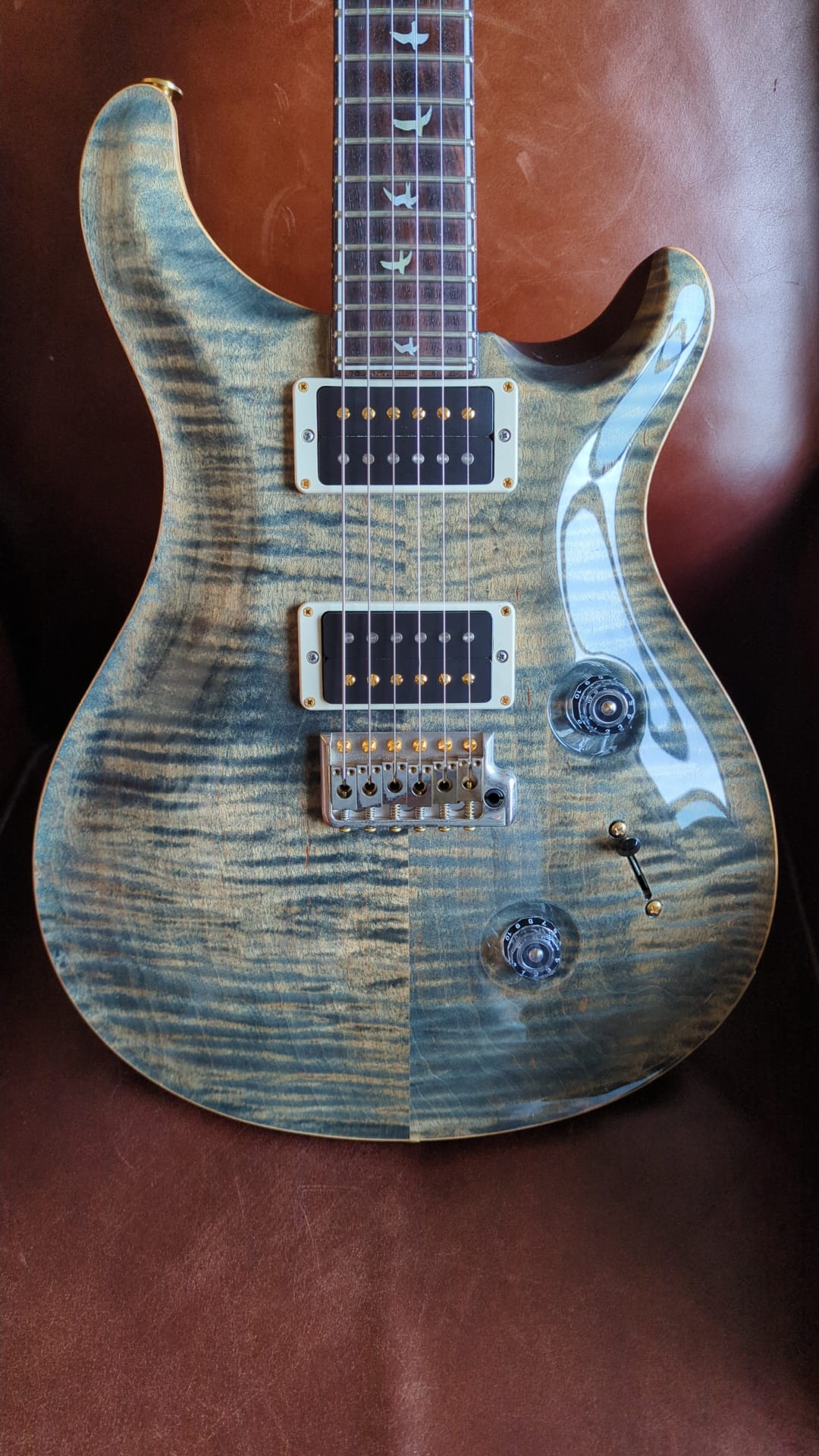
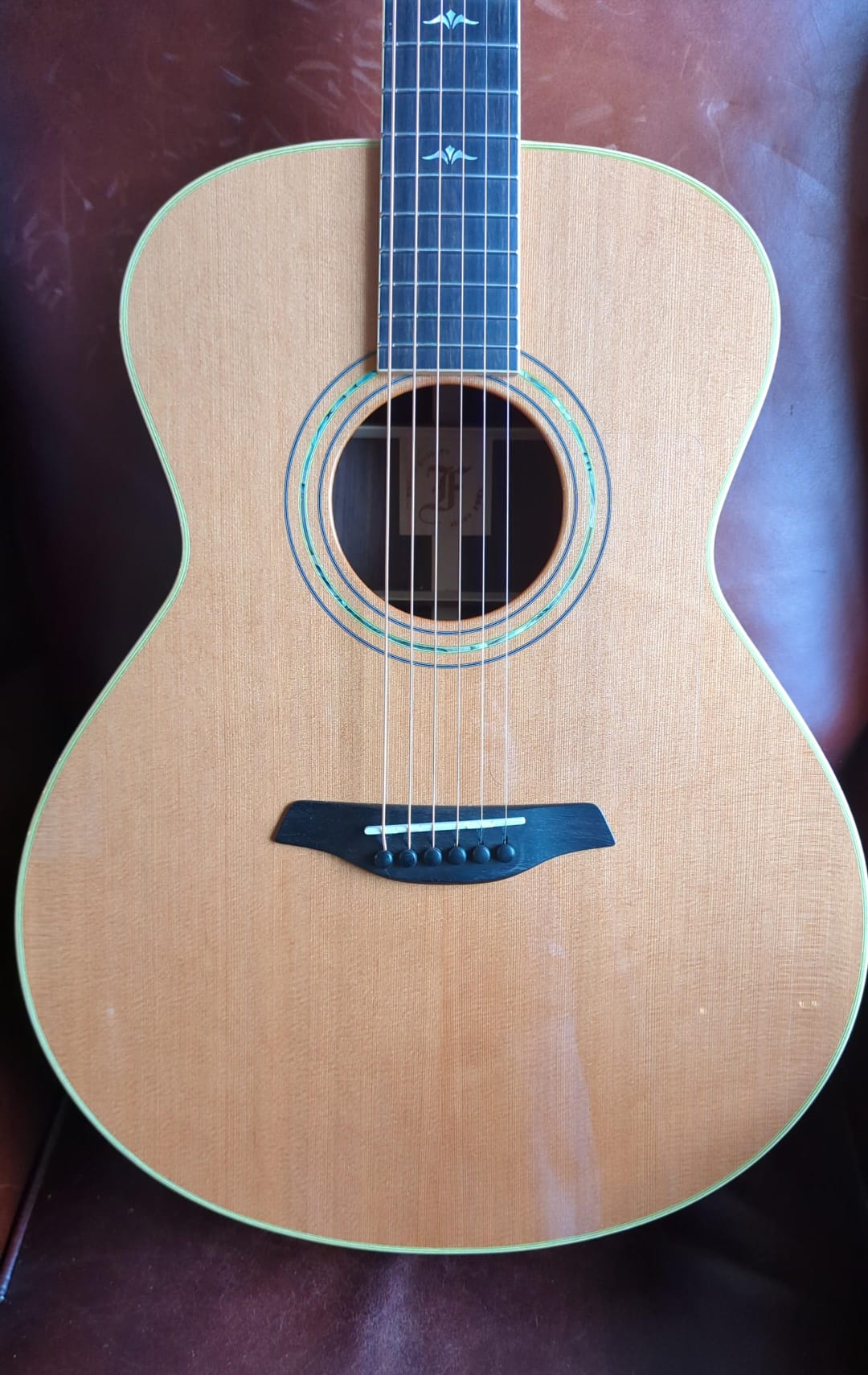
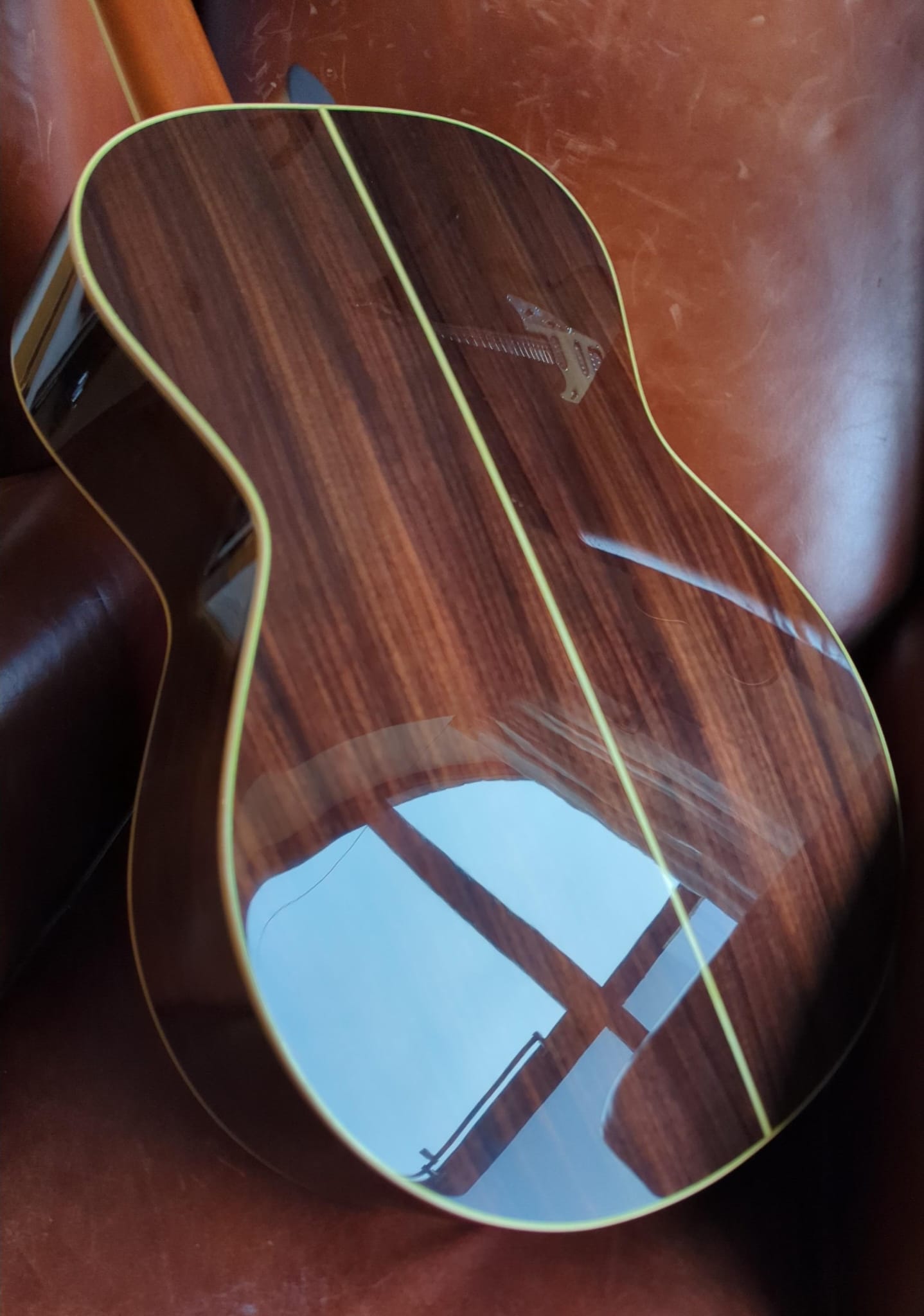
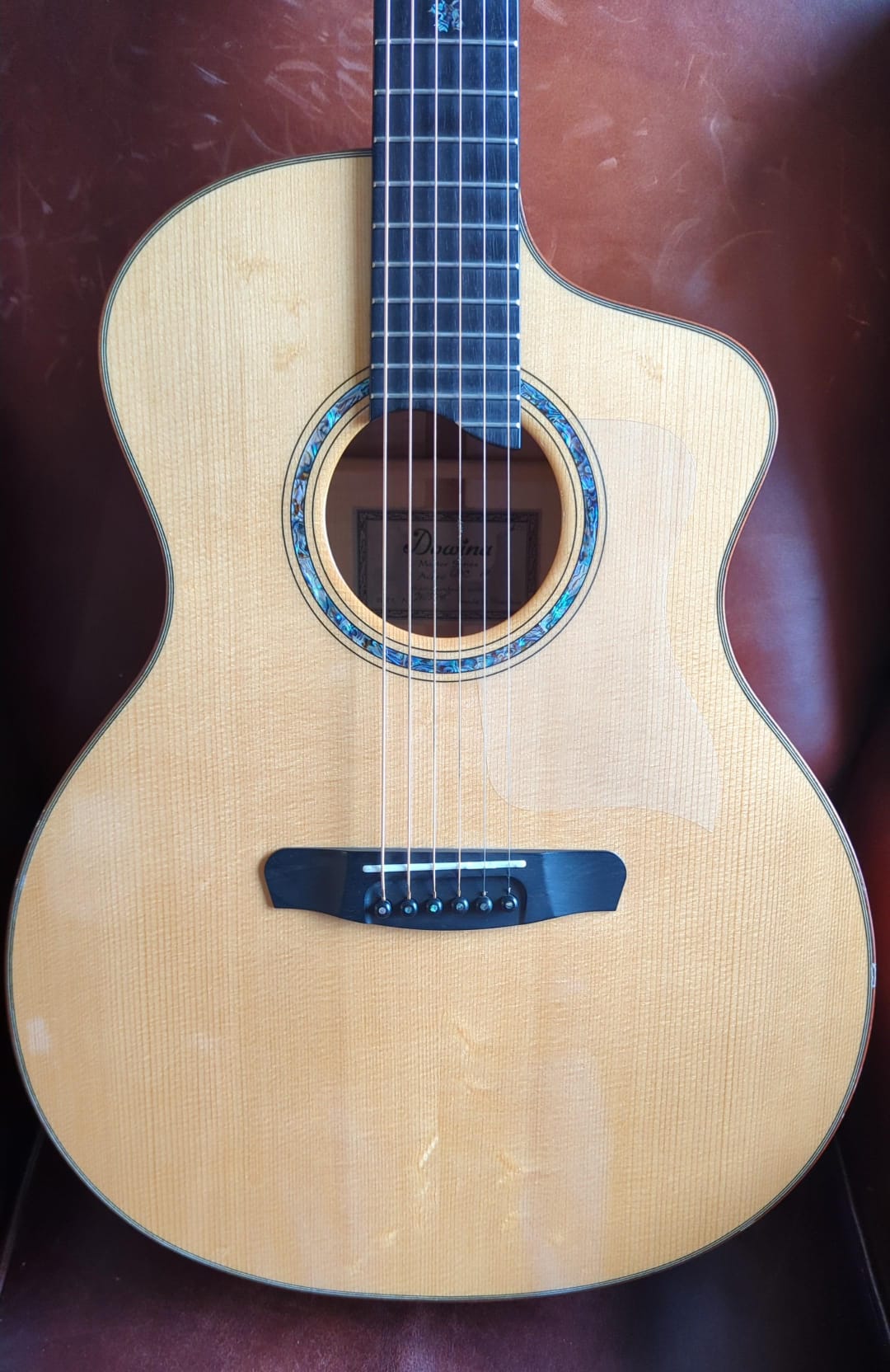
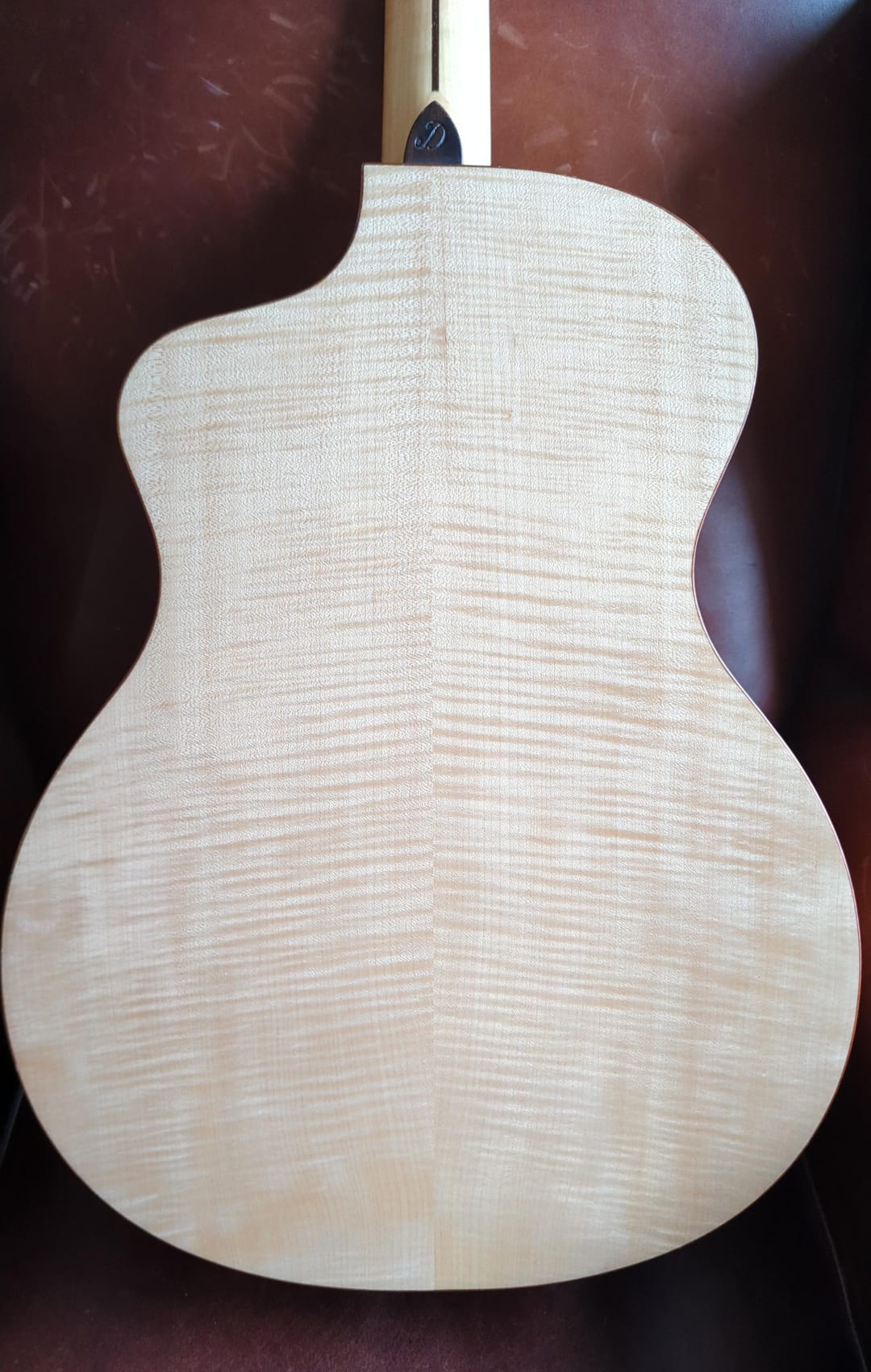
![Gordon Smith GS2 Deluxe Export 2019 [used] A1 Condition - Richards Guitars Of Stratford Upon Avon](http://rguitars.co.uk/cdn/shop/files/gordon-smith-gs2-deluxe-export-2019-used-a1-condition-4323398.jpg?v=1766153718&width=1072)
![Gordon Smith GS2 Deluxe Export 2019 [used] A1 Condition - Richards Guitars Of Stratford Upon Avon](http://rguitars.co.uk/cdn/shop/files/gordon-smith-gs2-deluxe-export-2019-used-a1-condition-9502671.jpg?v=1766153718&width=899)
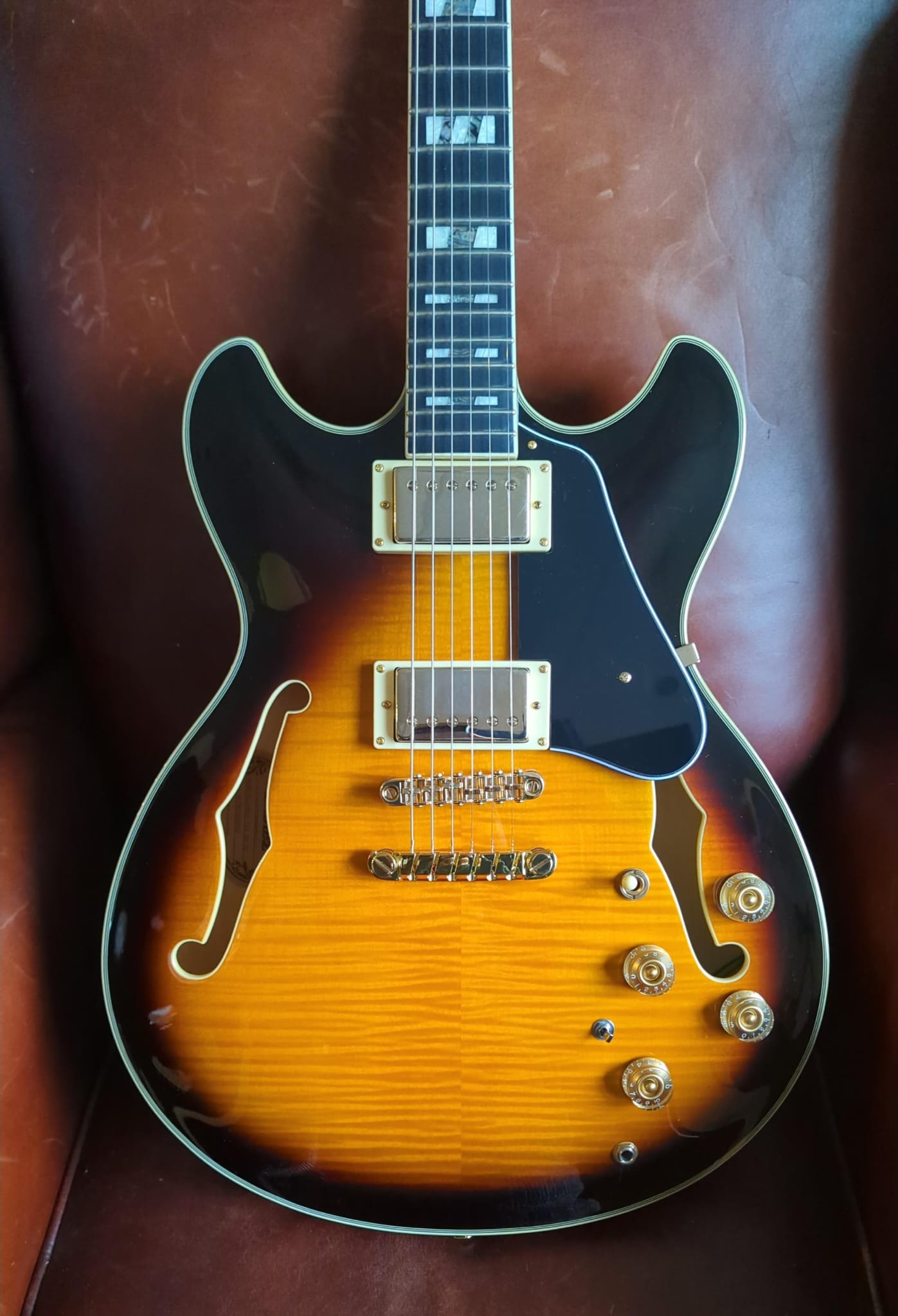
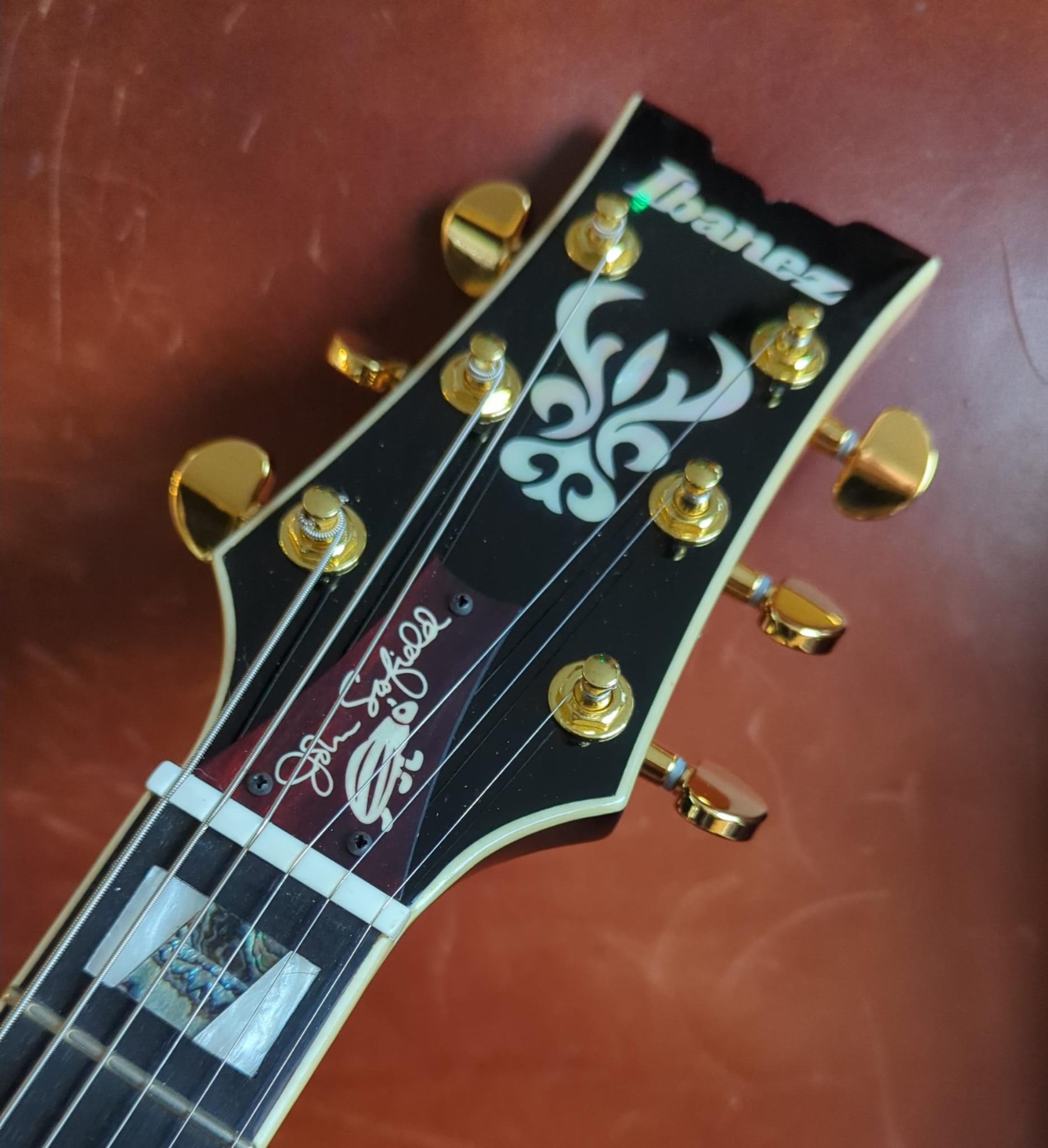
![G&L USA Made ASAT - late 80s/early 90s [Used] - Richards Guitars Of Stratford Upon Avon](http://rguitars.co.uk/cdn/shop/files/gl-usa-made-asat-late-80searly-90s-used-1091932.jpg?v=1761670676&width=1378)
![G&L USA Made ASAT - late 80s/early 90s [Used] - Richards Guitars Of Stratford Upon Avon](http://rguitars.co.uk/cdn/shop/files/gl-usa-made-asat-late-80searly-90s-used-7964817.jpg?v=1761670677&width=1828)
![Eastman AC630 - SB [Used] - Richards Guitars Of Stratford Upon Avon](http://rguitars.co.uk/cdn/shop/files/eastman-ac630-sb-used-5743157.jpg?v=1760421581&width=1080)
![Eastman AC630 - SB [Used] - Richards Guitars Of Stratford Upon Avon](http://rguitars.co.uk/cdn/shop/files/eastman-ac630-sb-used-2967411.jpg?v=1760421593&width=1569)
![Fender American Standard Telecaster 2012 - Natural [Used] guitar for sale uk](http://rguitars.co.uk/cdn/shop/files/fender-american-standard-telecaster-2012-natural-used-4379607.jpg?v=1760421498&width=1614)
![Fender American Standard Telecaster 2012 - Natural [Used] guitar for sale uk](http://rguitars.co.uk/cdn/shop/files/fender-american-standard-telecaster-2012-natural-used-1429240.jpg?v=1760421497&width=1512)
![Fender American Professional II Jazzmaster - Dark Night [Used] guitar for sale uk](http://rguitars.co.uk/cdn/shop/files/fender-american-professional-ii-jazzmaster-dark-night-used-6840250.jpg?v=1760421430&width=1602)
![Fender American Professional II Jazzmaster - Dark Night [Used] guitar for sale uk](http://rguitars.co.uk/cdn/shop/files/fender-american-professional-ii-jazzmaster-dark-night-used-4375294.jpg?v=1760421432&width=1476)
![Guild Brian May "Red Special" Limited Edition - early 90s - One of 1000 [Used] guitar for sale uk](http://rguitars.co.uk/cdn/shop/files/guild-brian-may-red-special-limited-edition-early-90s-one-of-1000-used-6139630.jpg?v=1760421357&width=1492)
![Guild Brian May "Red Special" Limited Edition - early 90s - One of 1000 [Used] guitar for sale uk](http://rguitars.co.uk/cdn/shop/files/guild-brian-may-red-special-limited-edition-early-90s-one-of-1000-used-9797150.jpg?v=1760421365&width=1644)
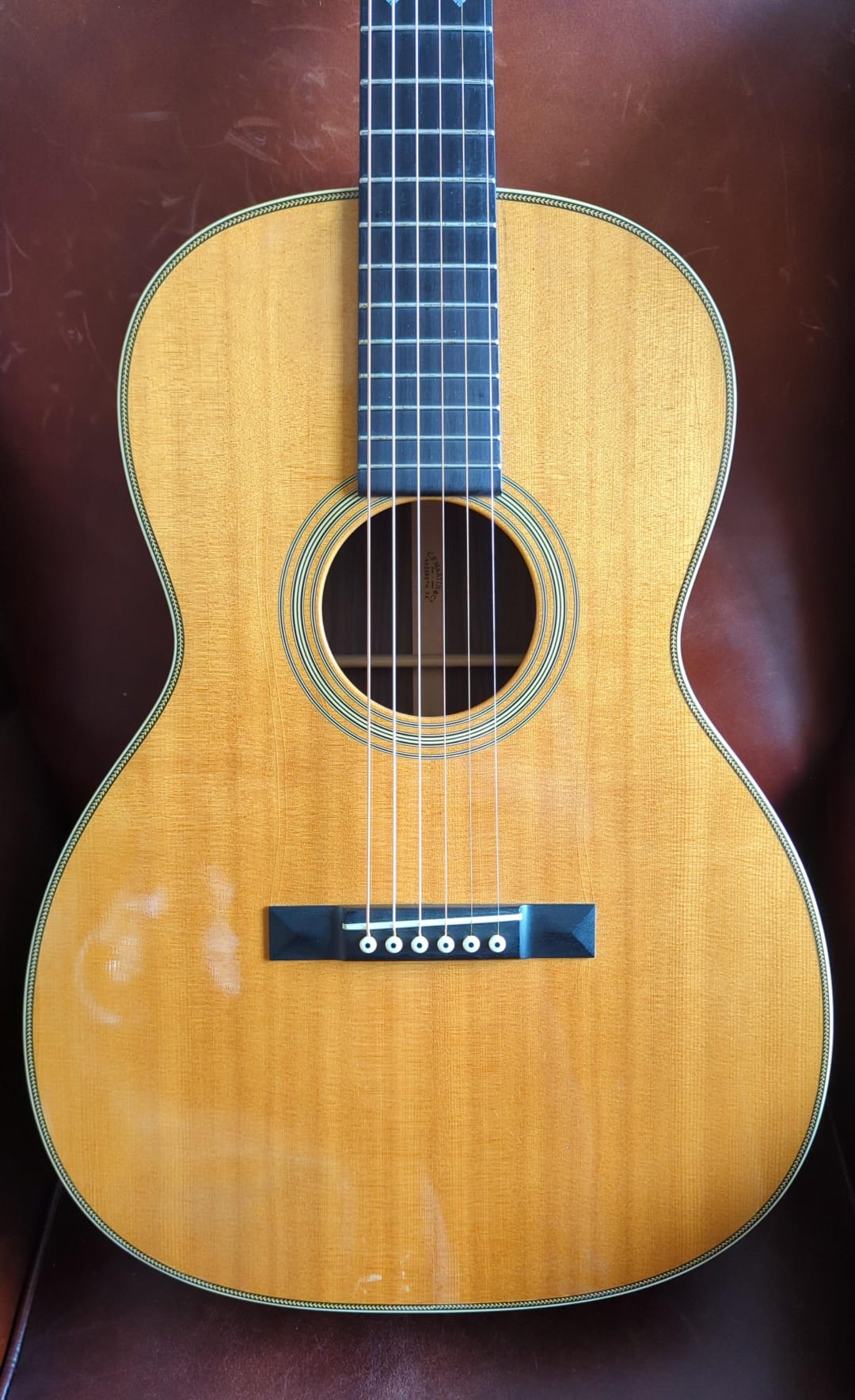
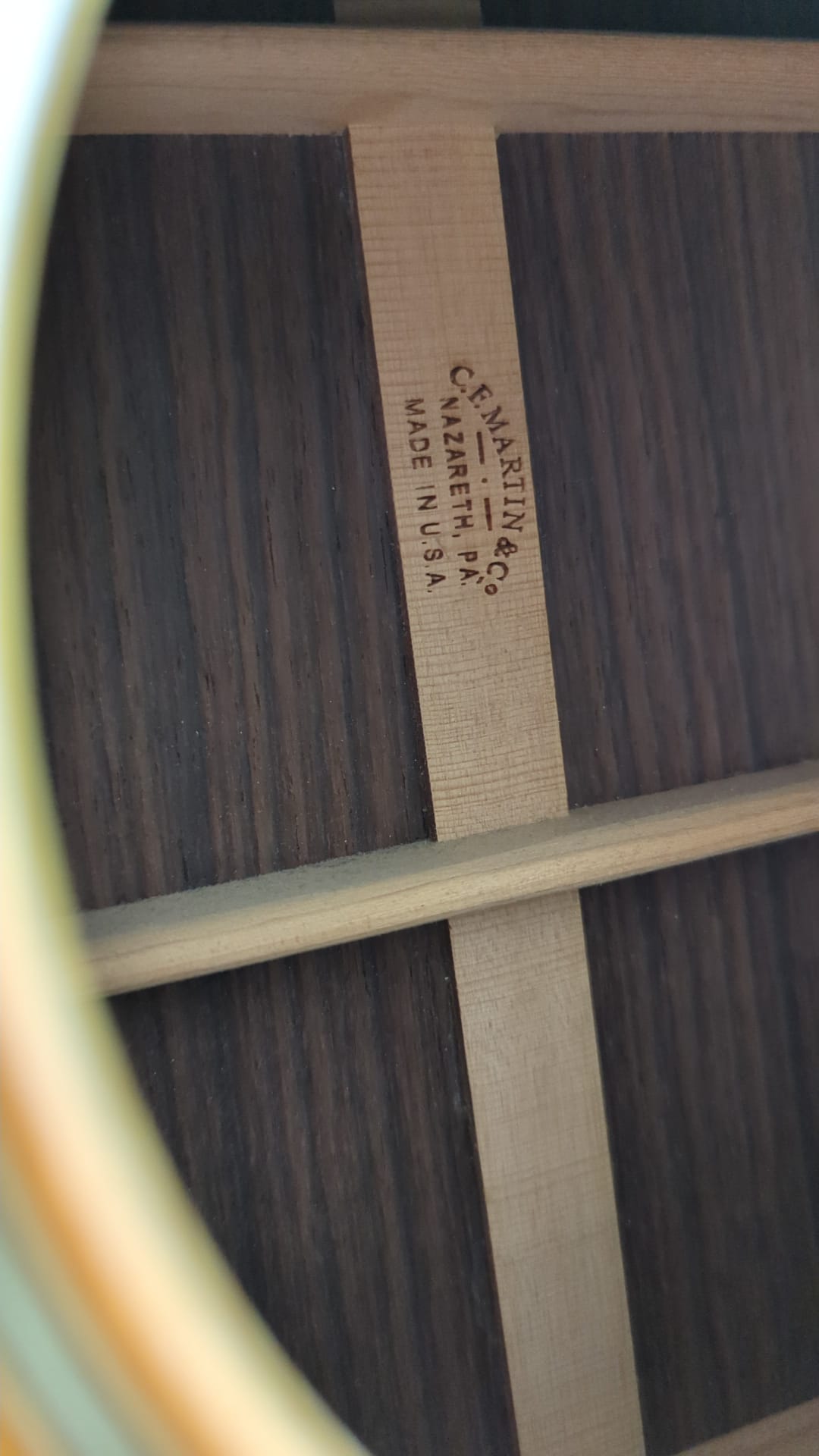
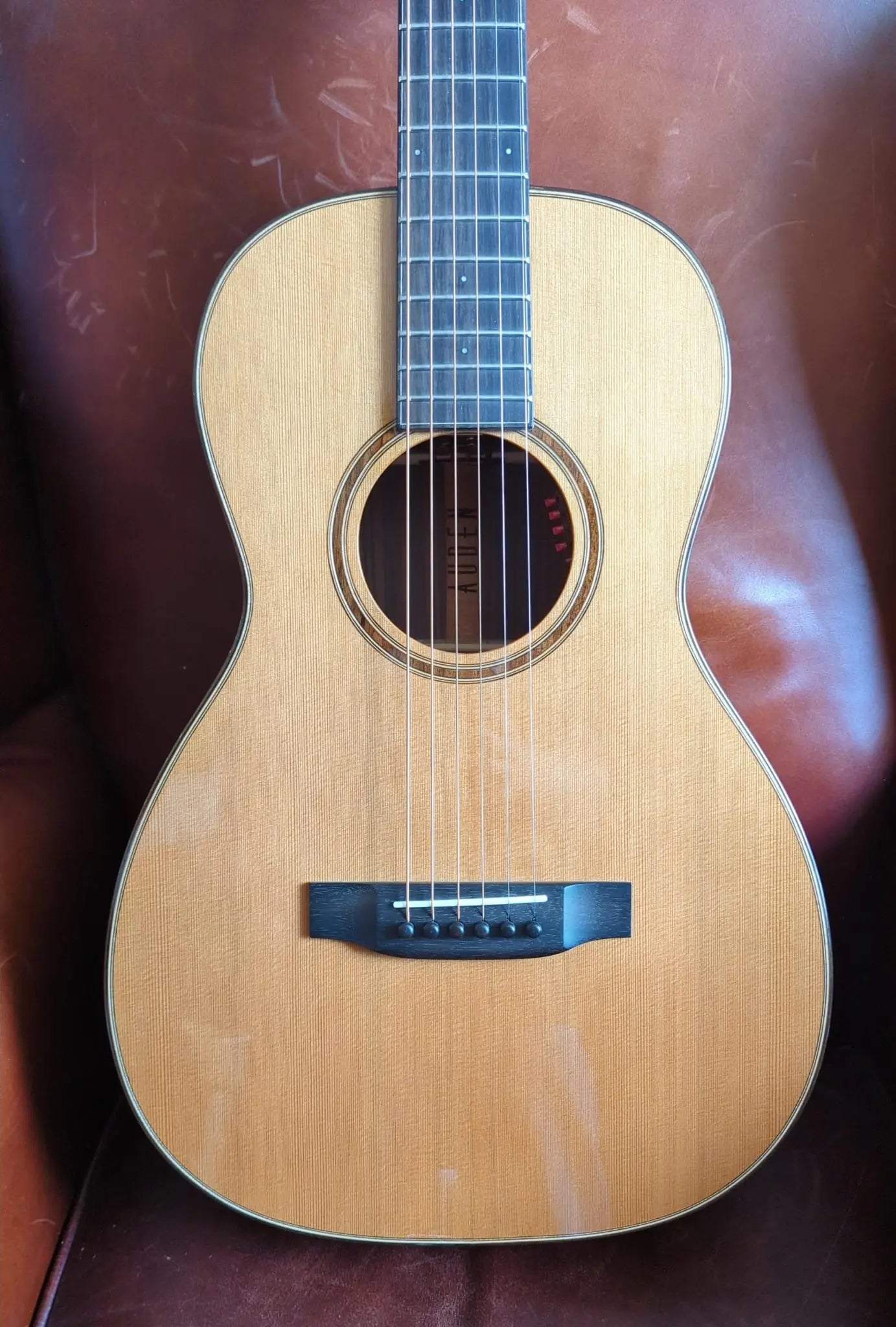
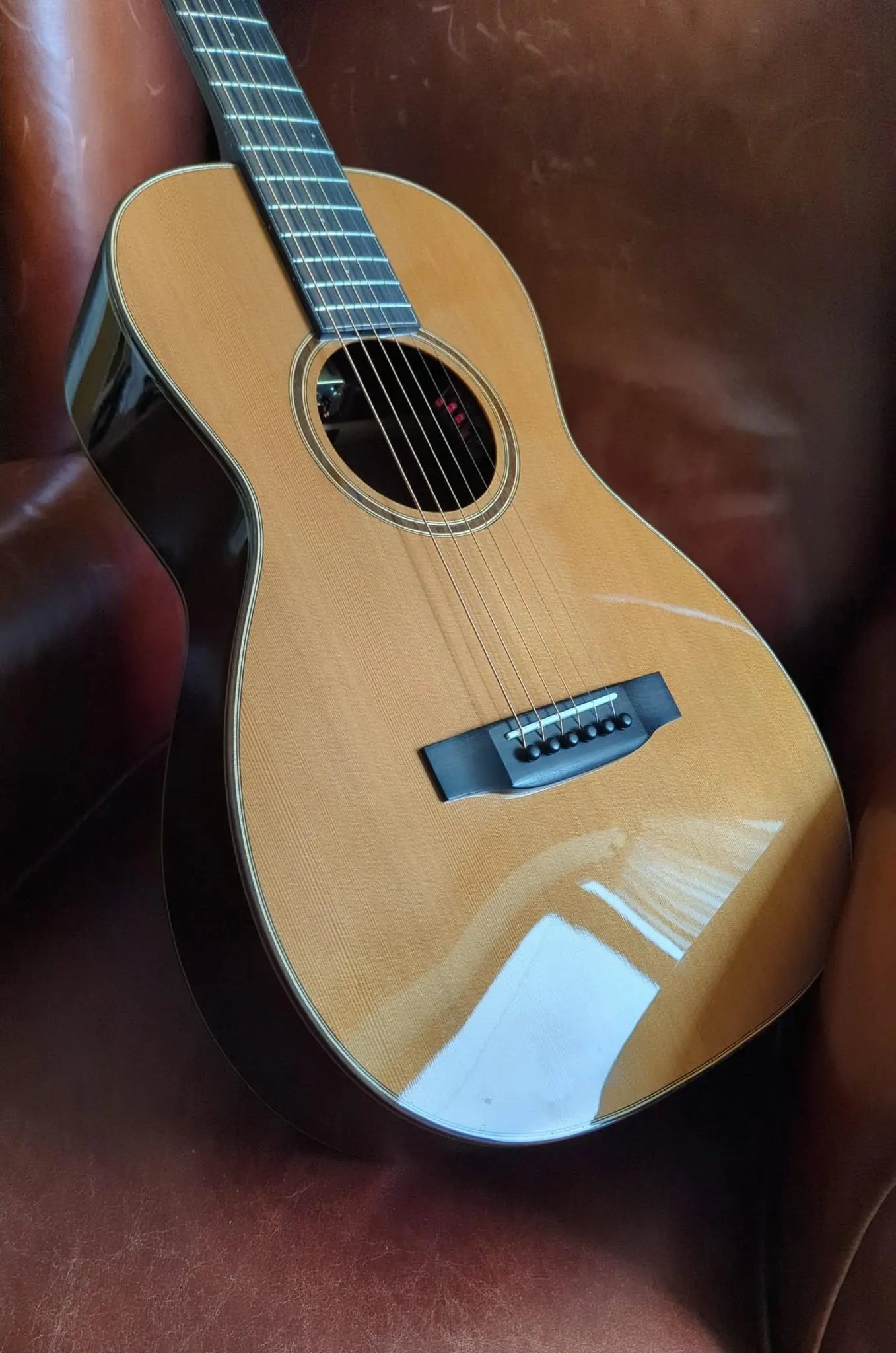
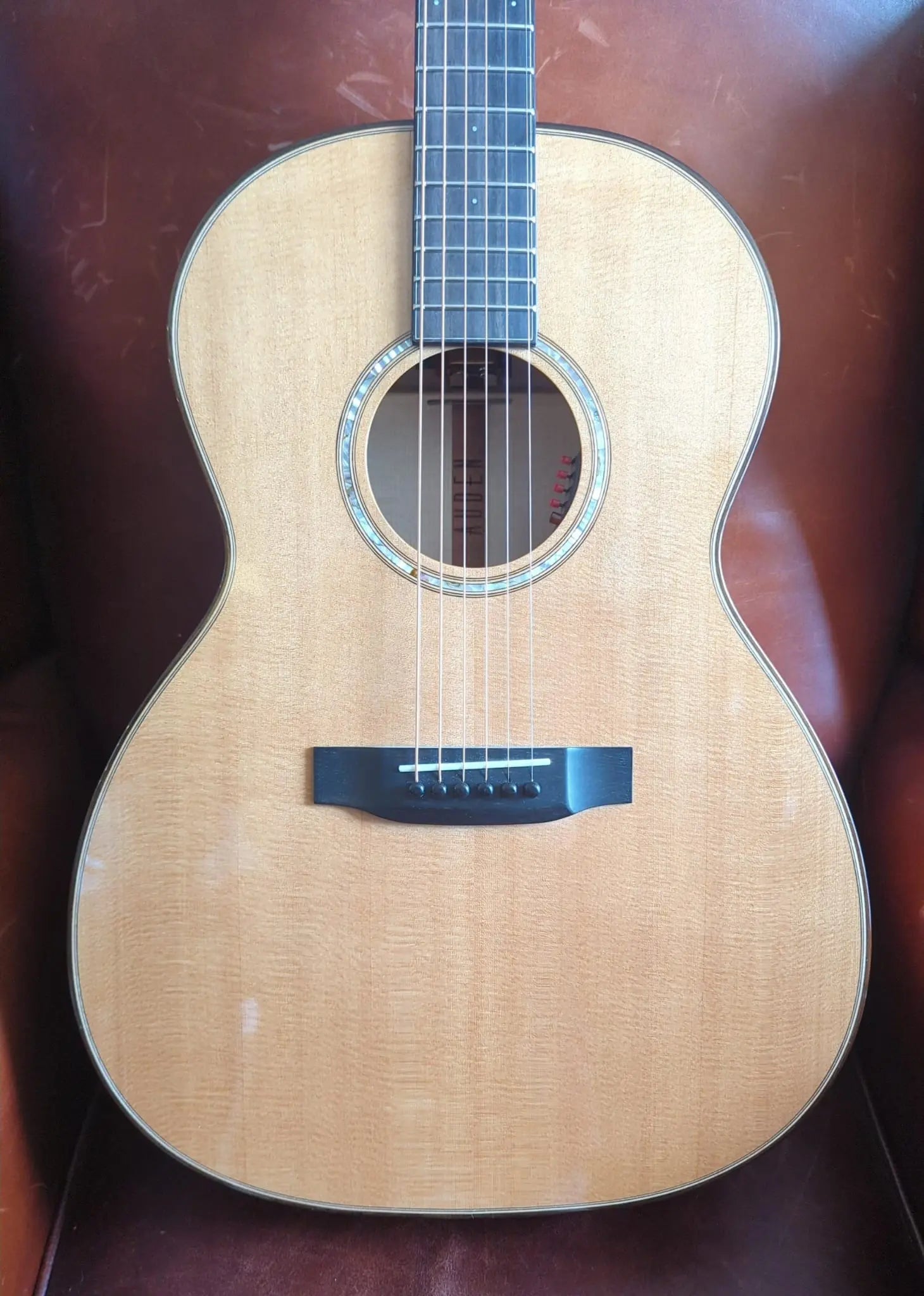
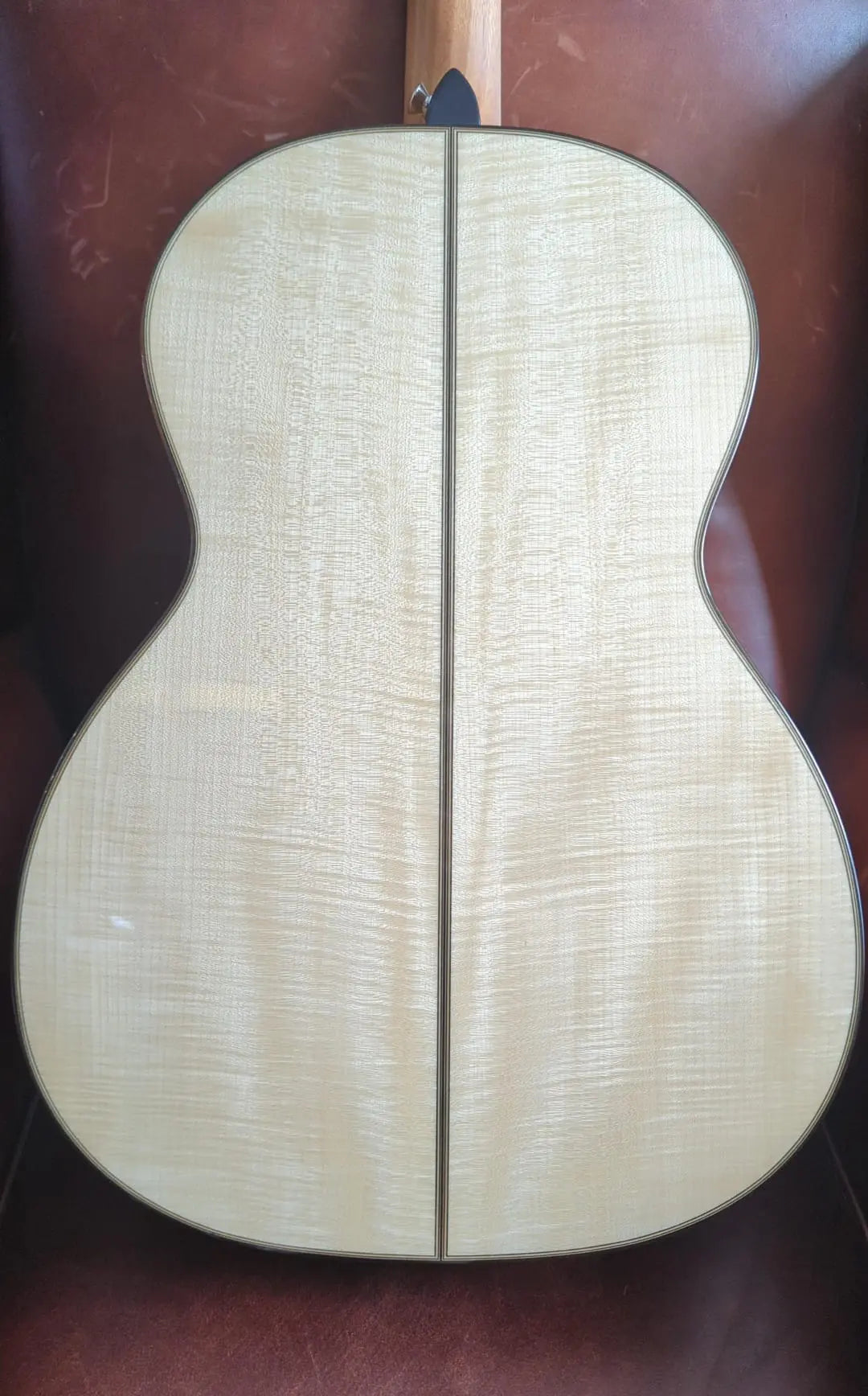
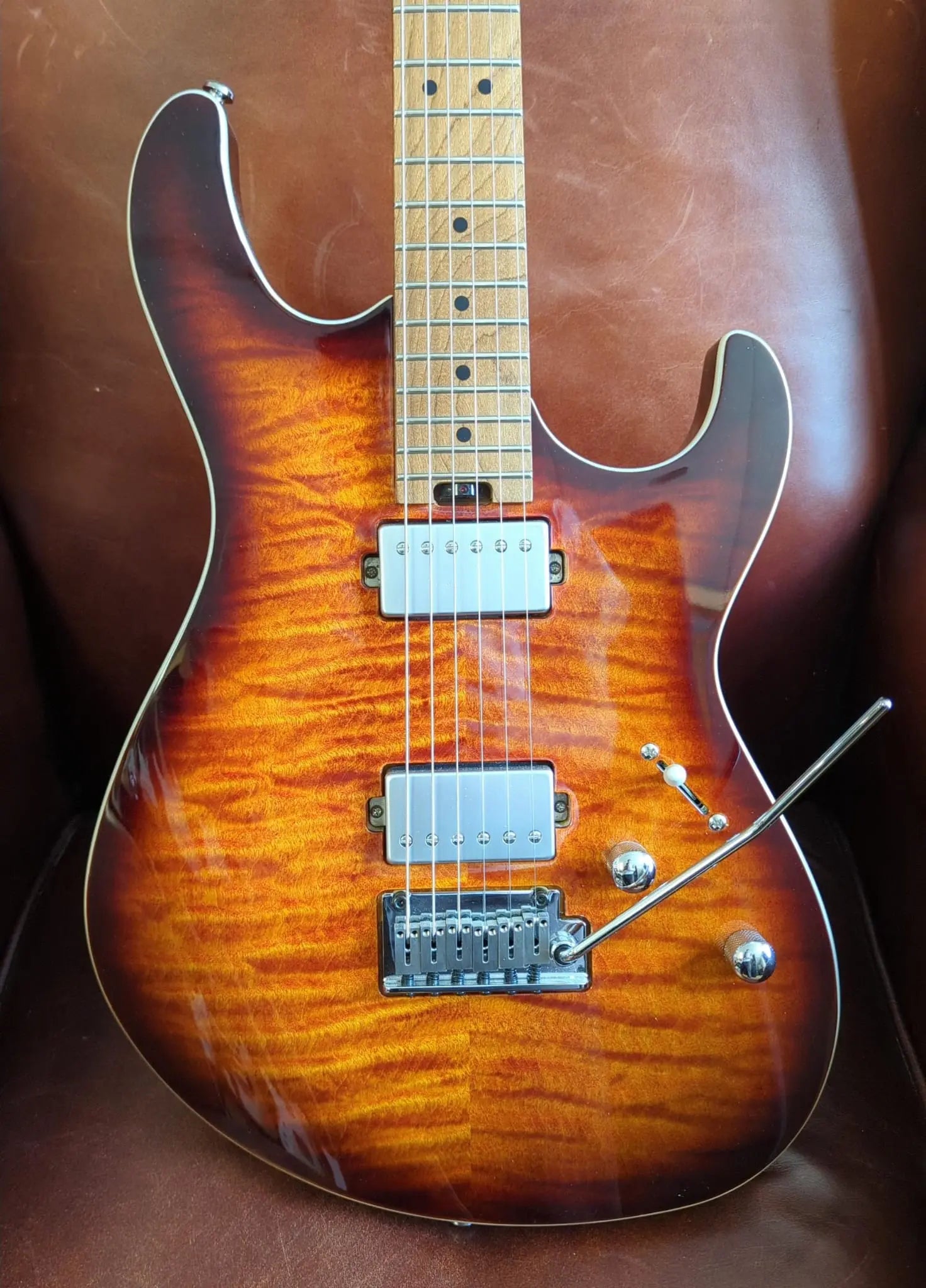
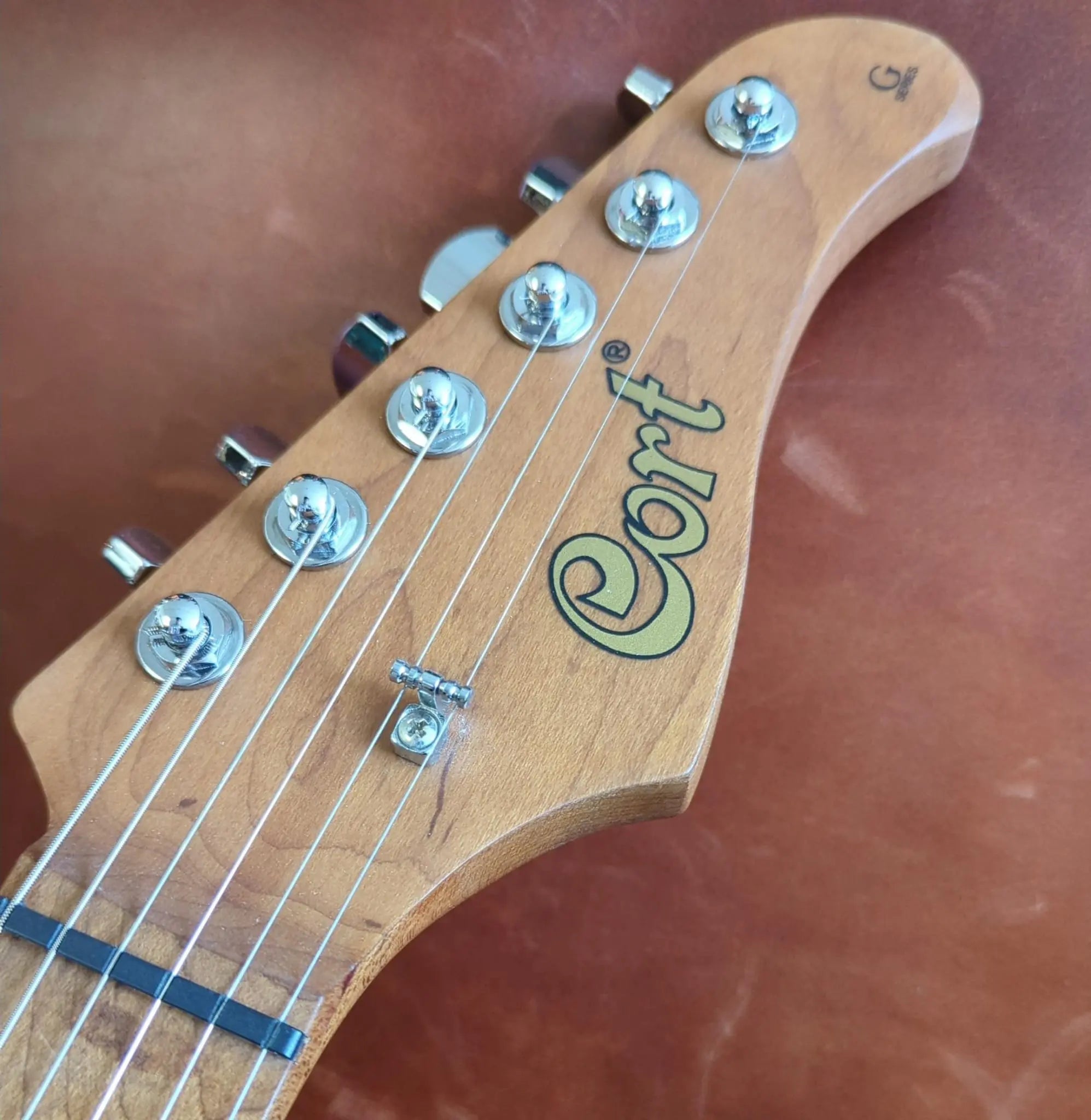
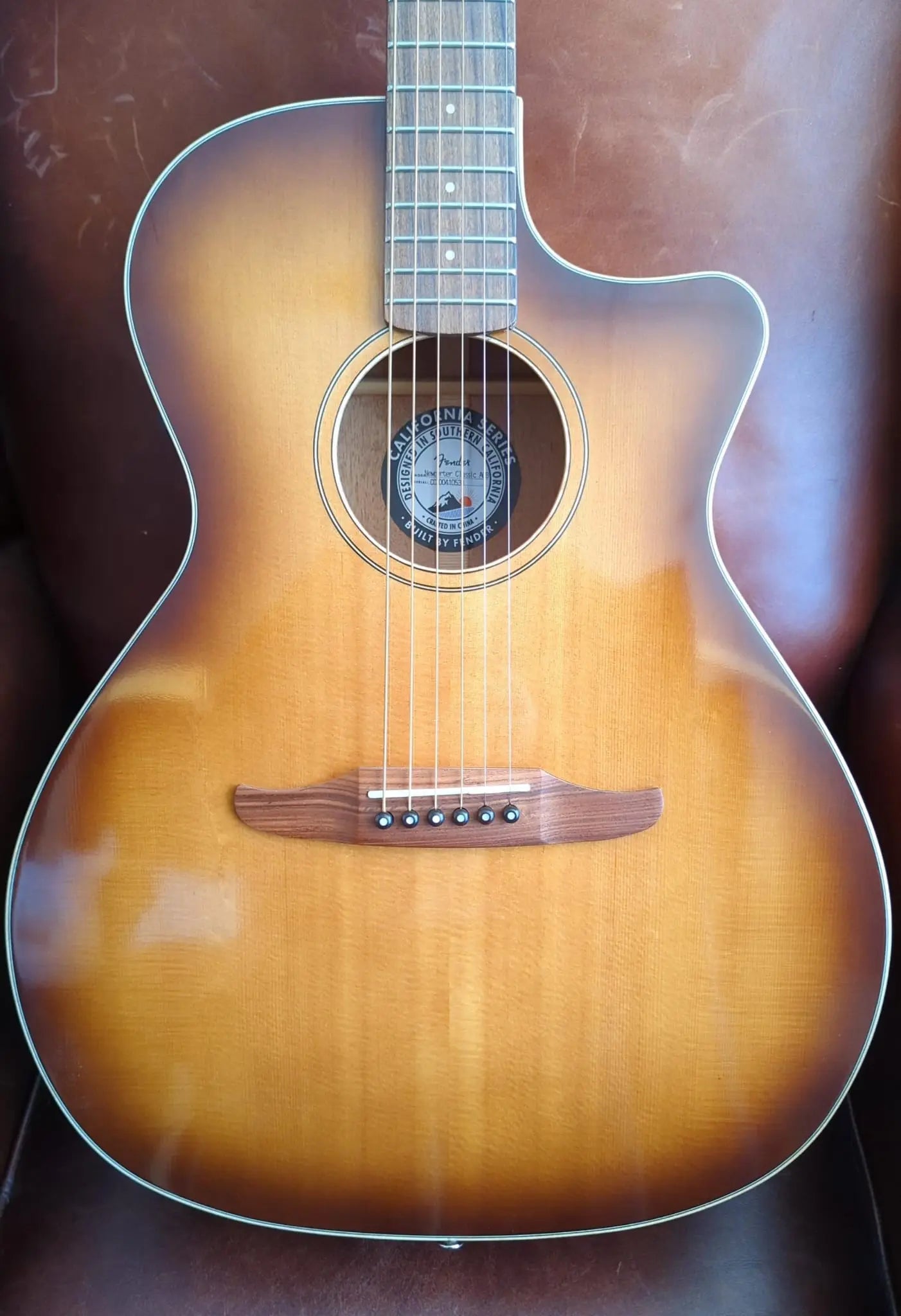
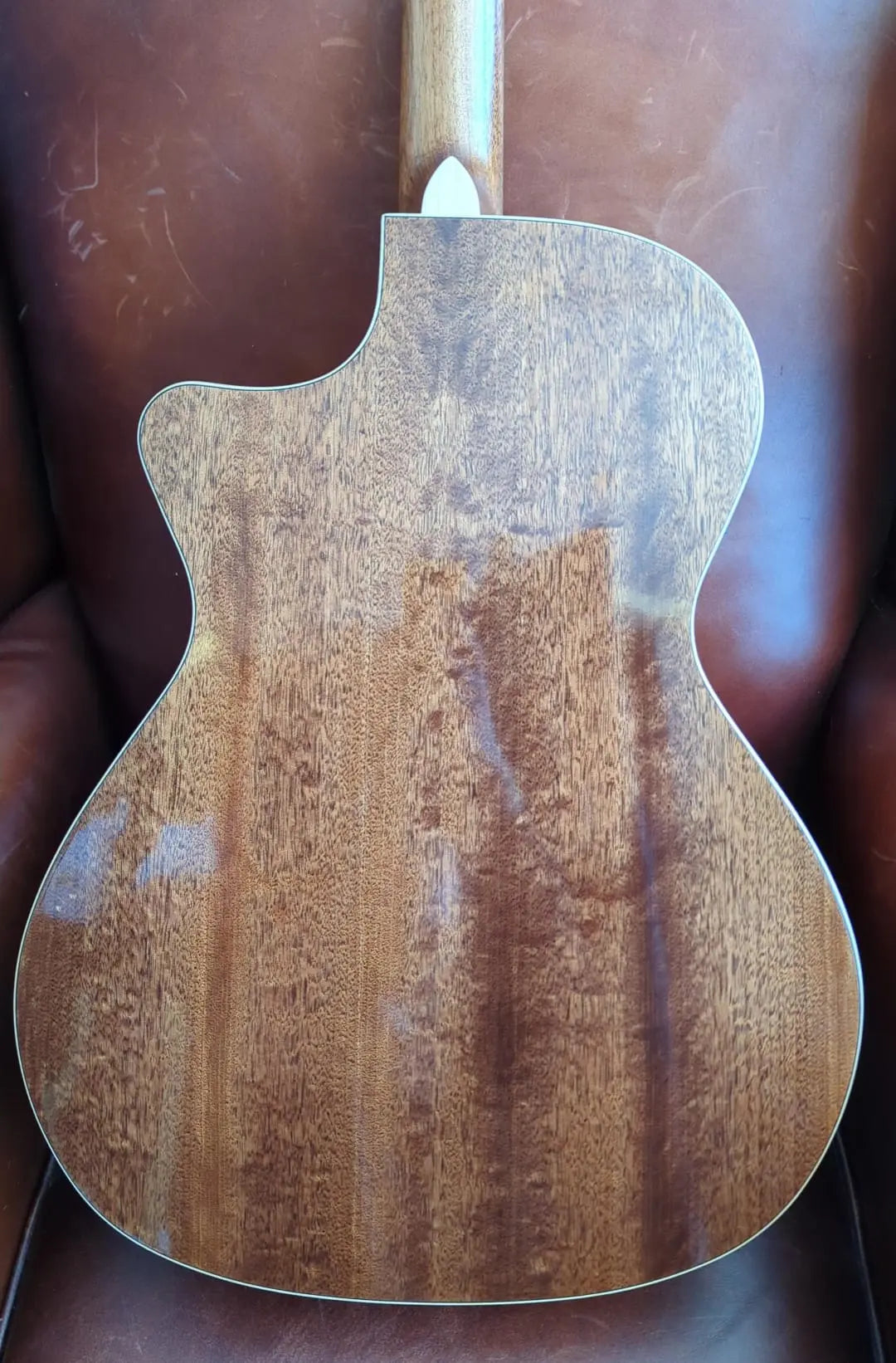


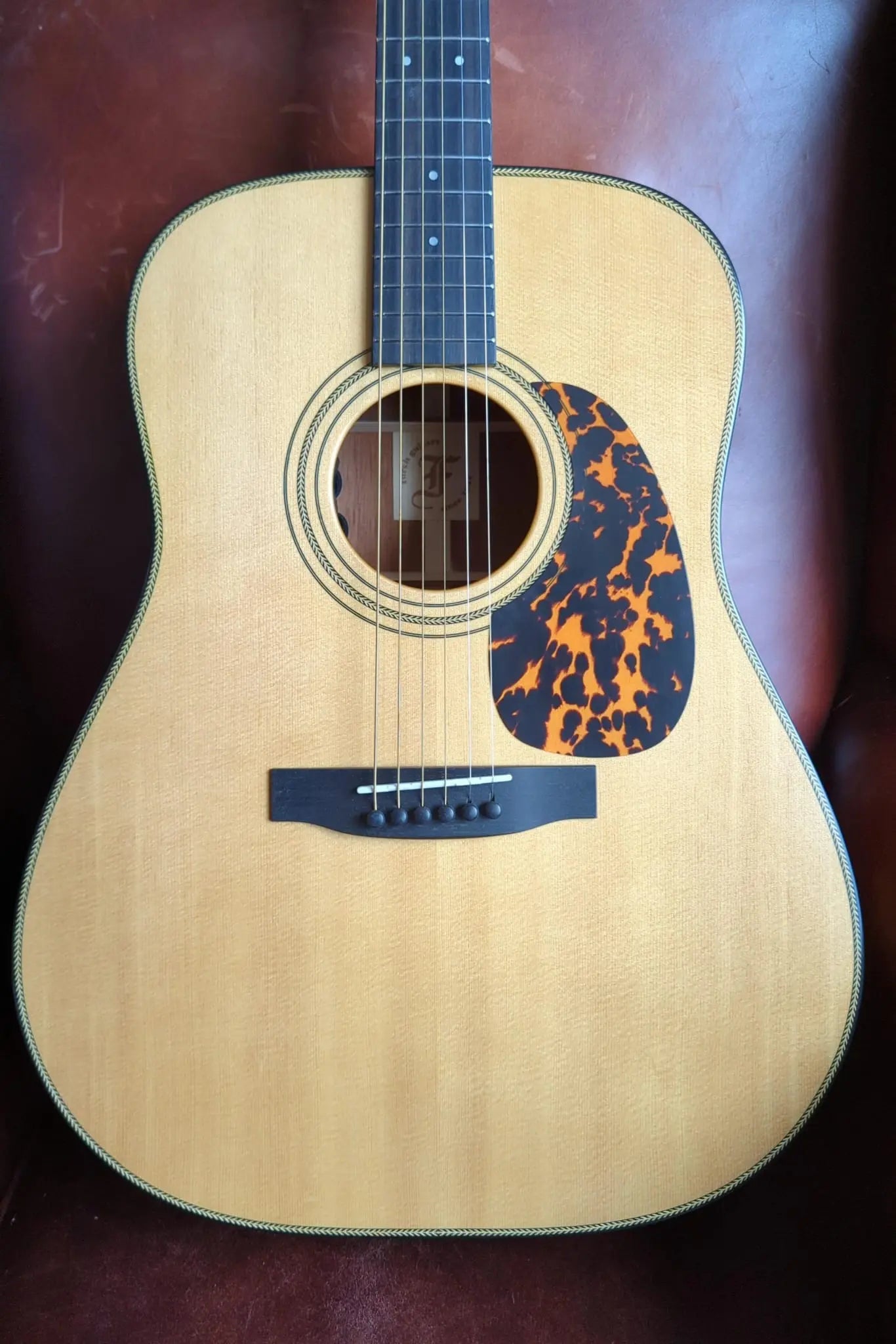
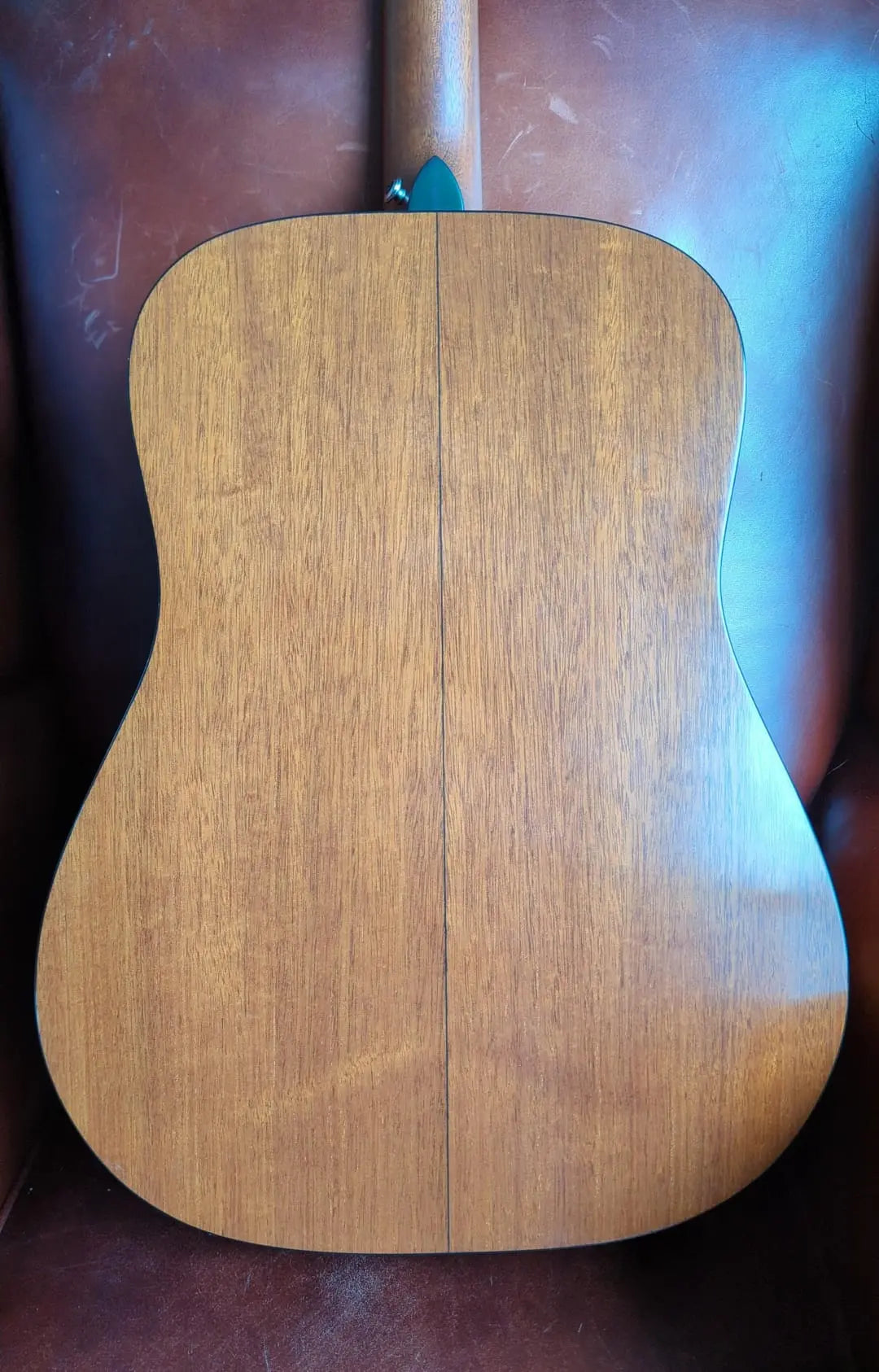
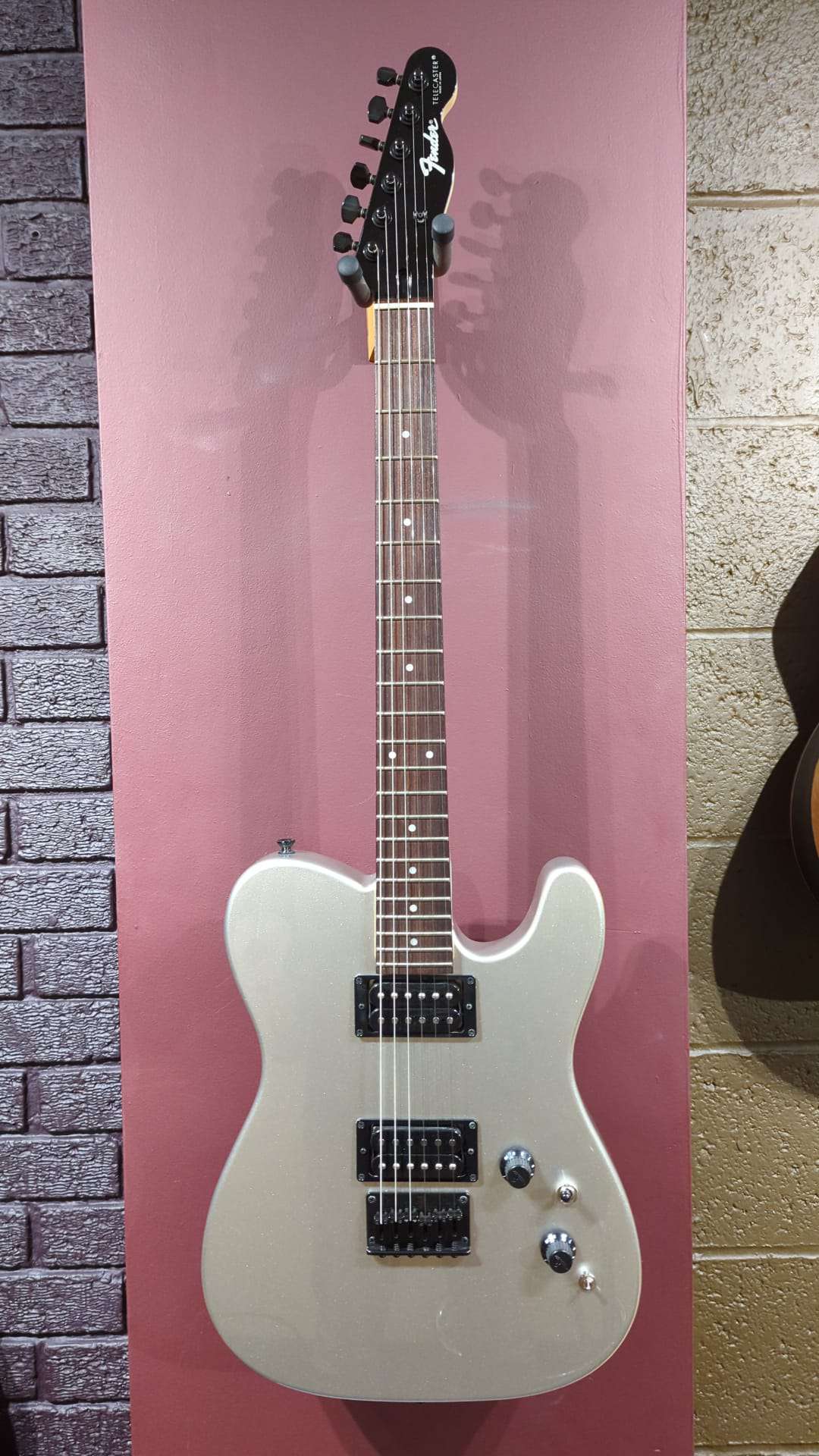

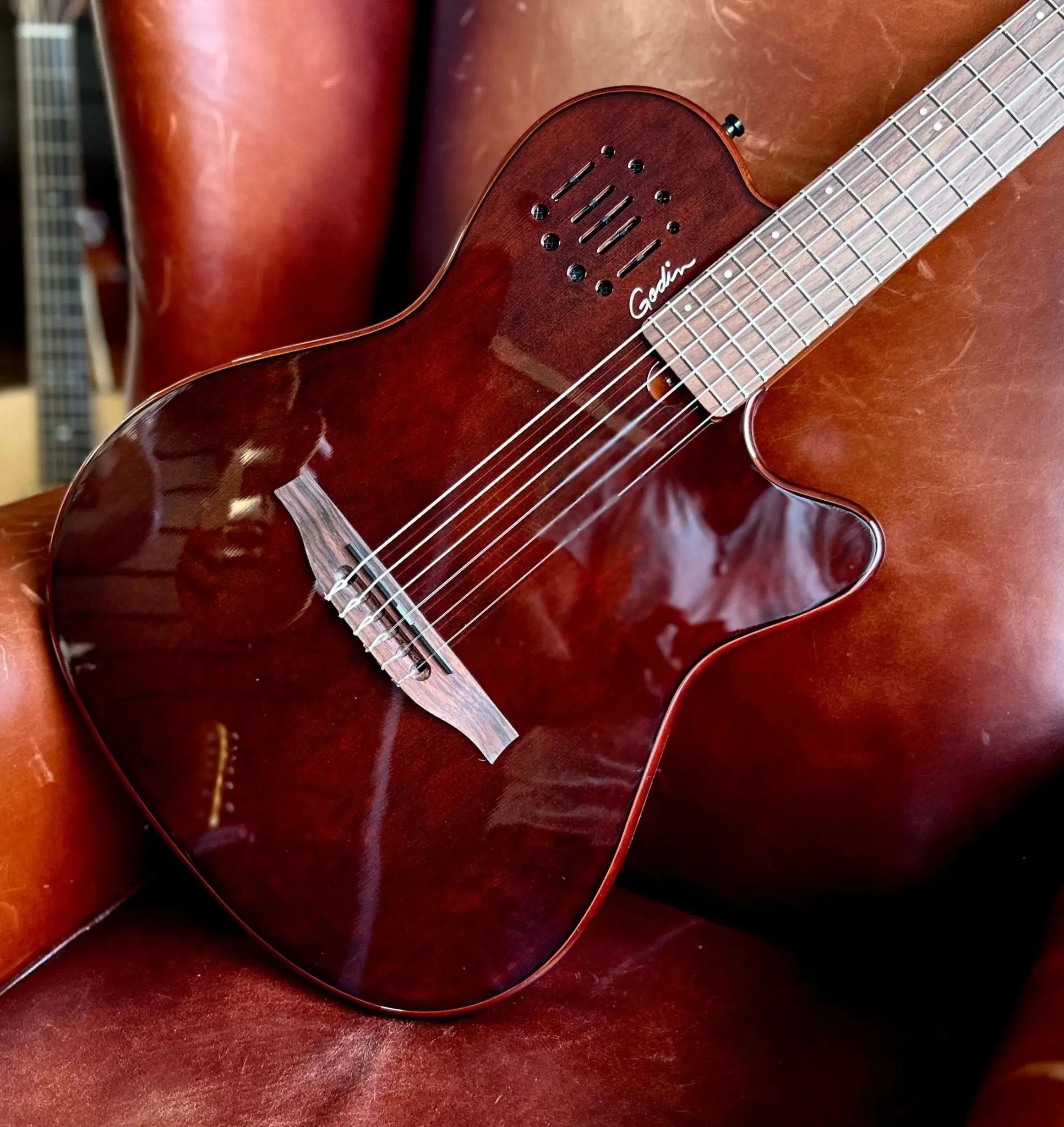
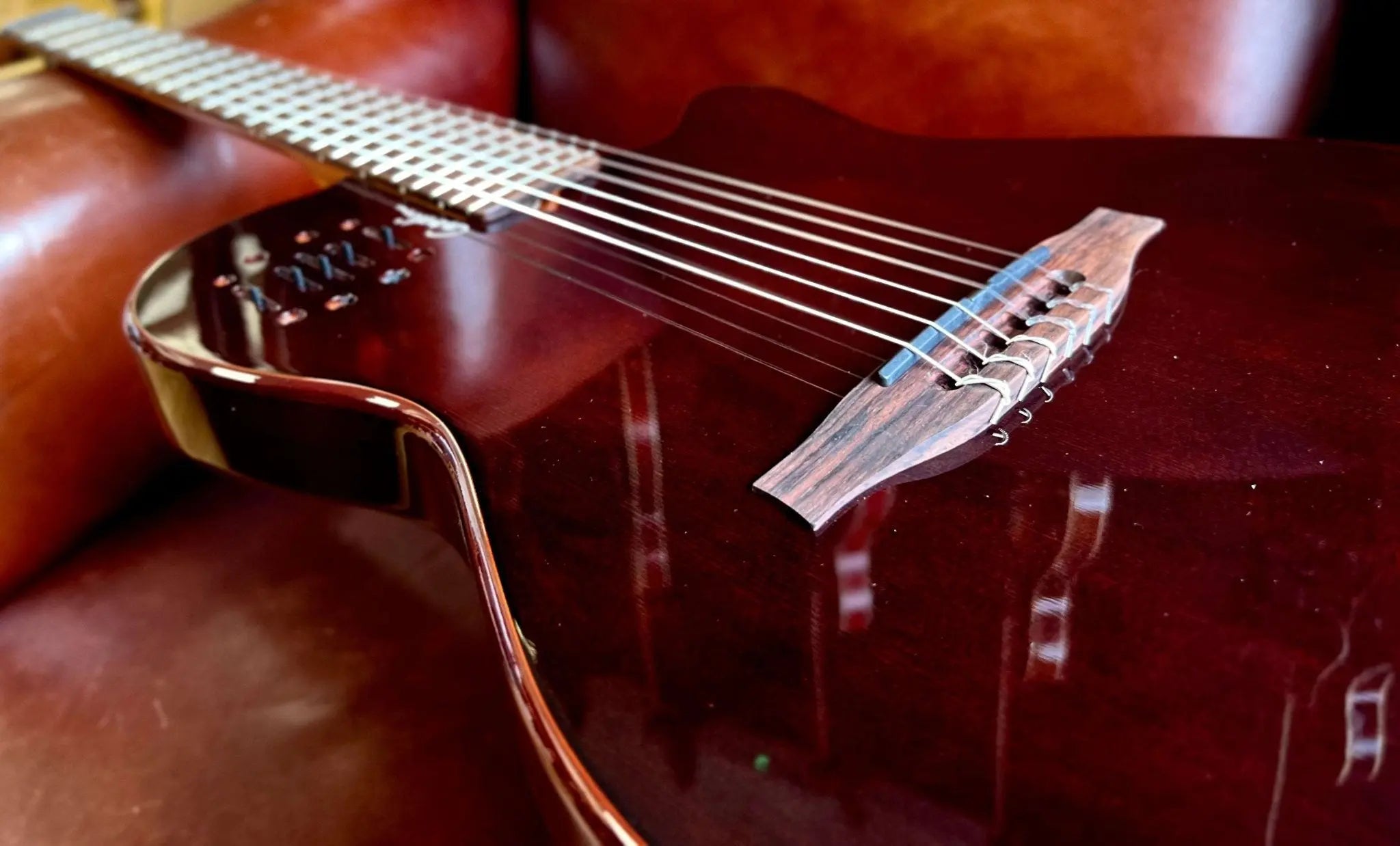
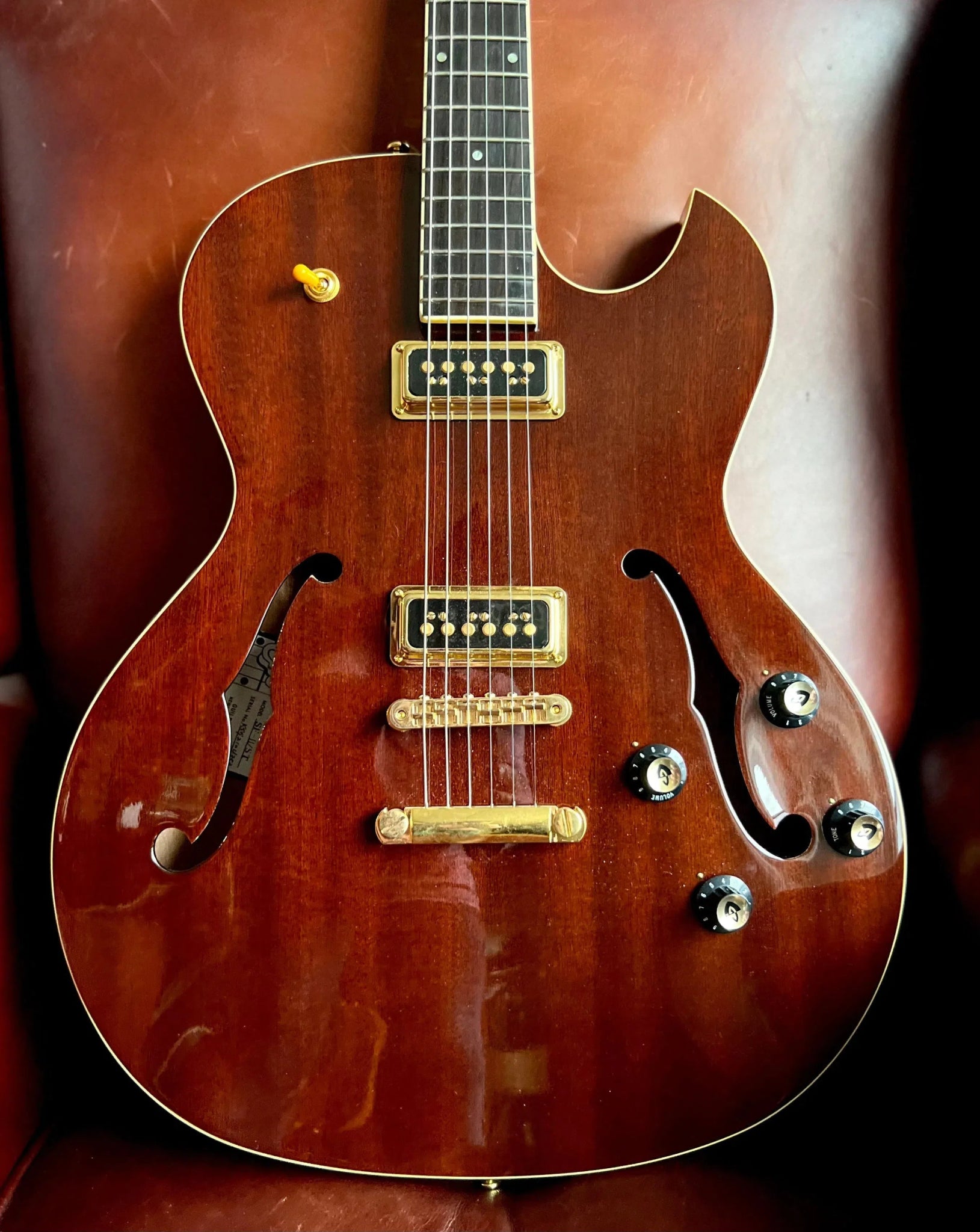
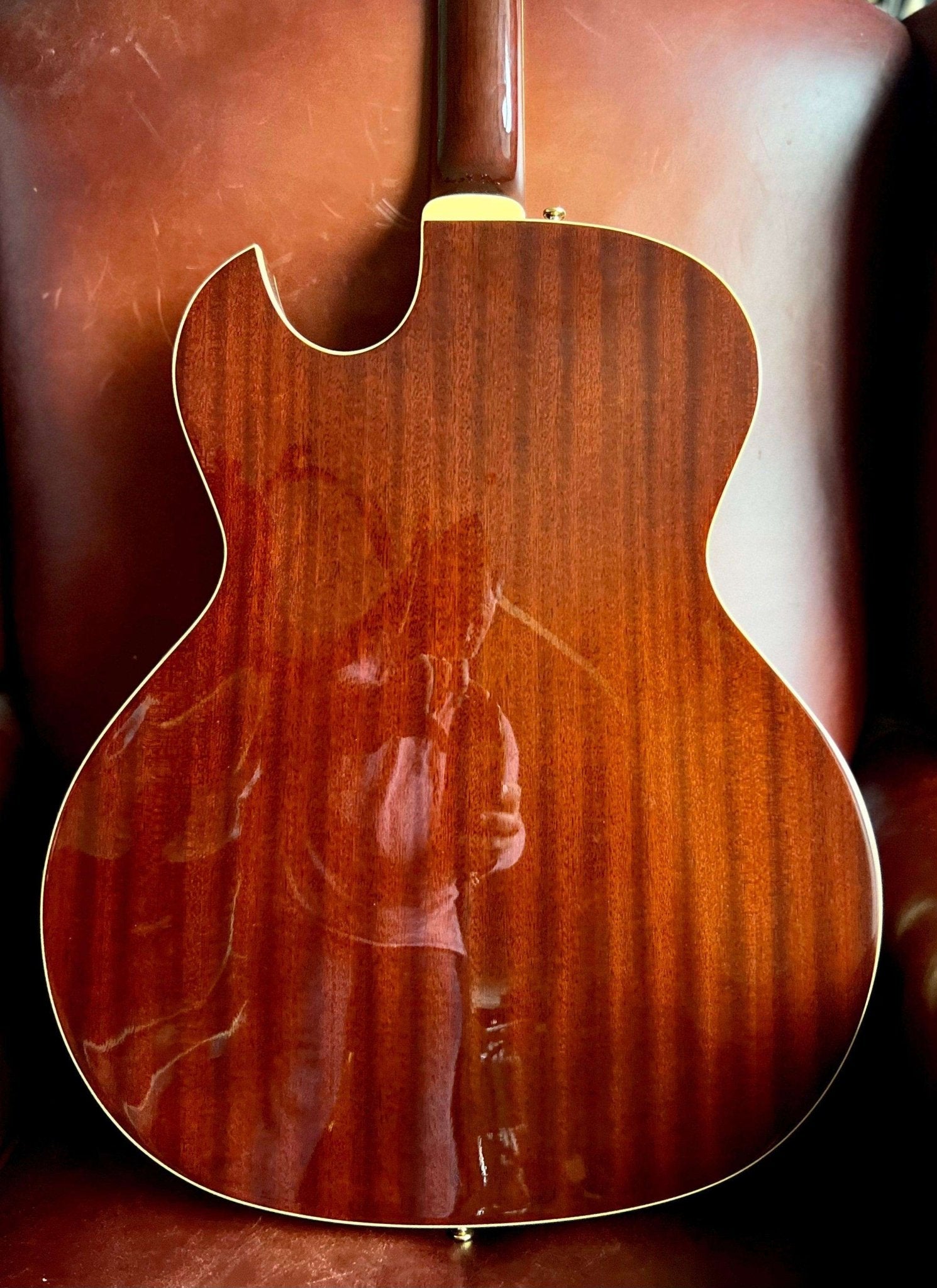
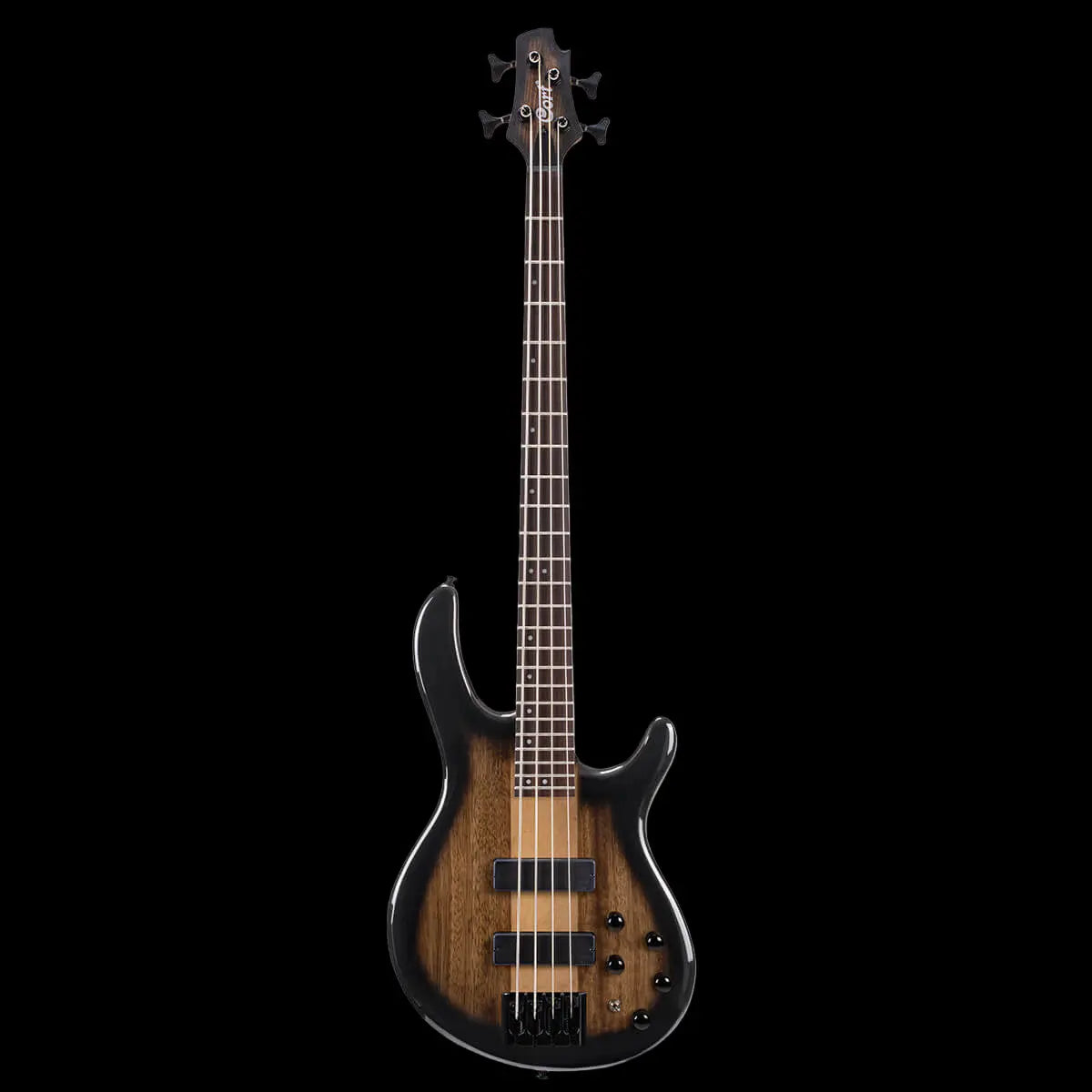


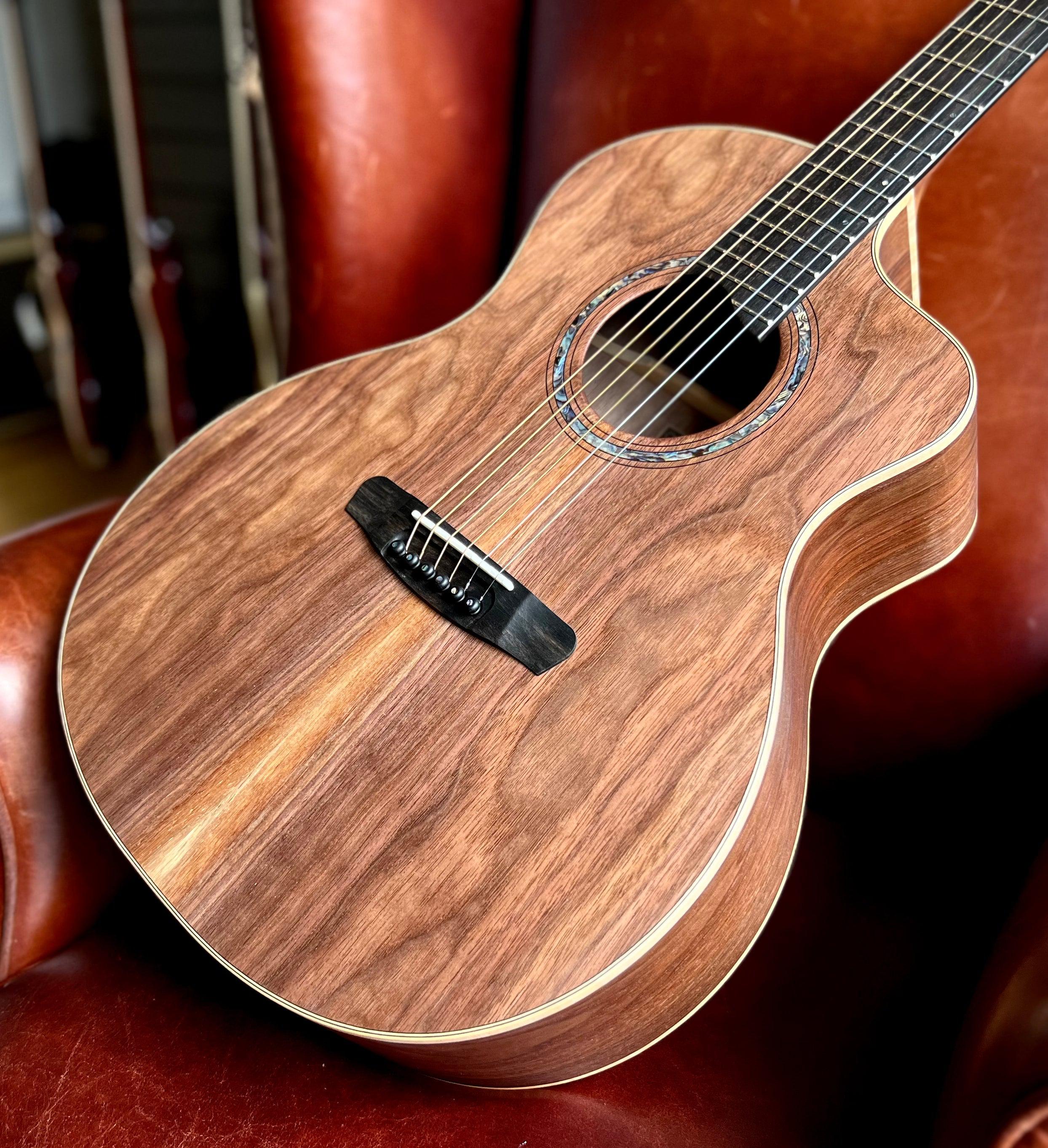
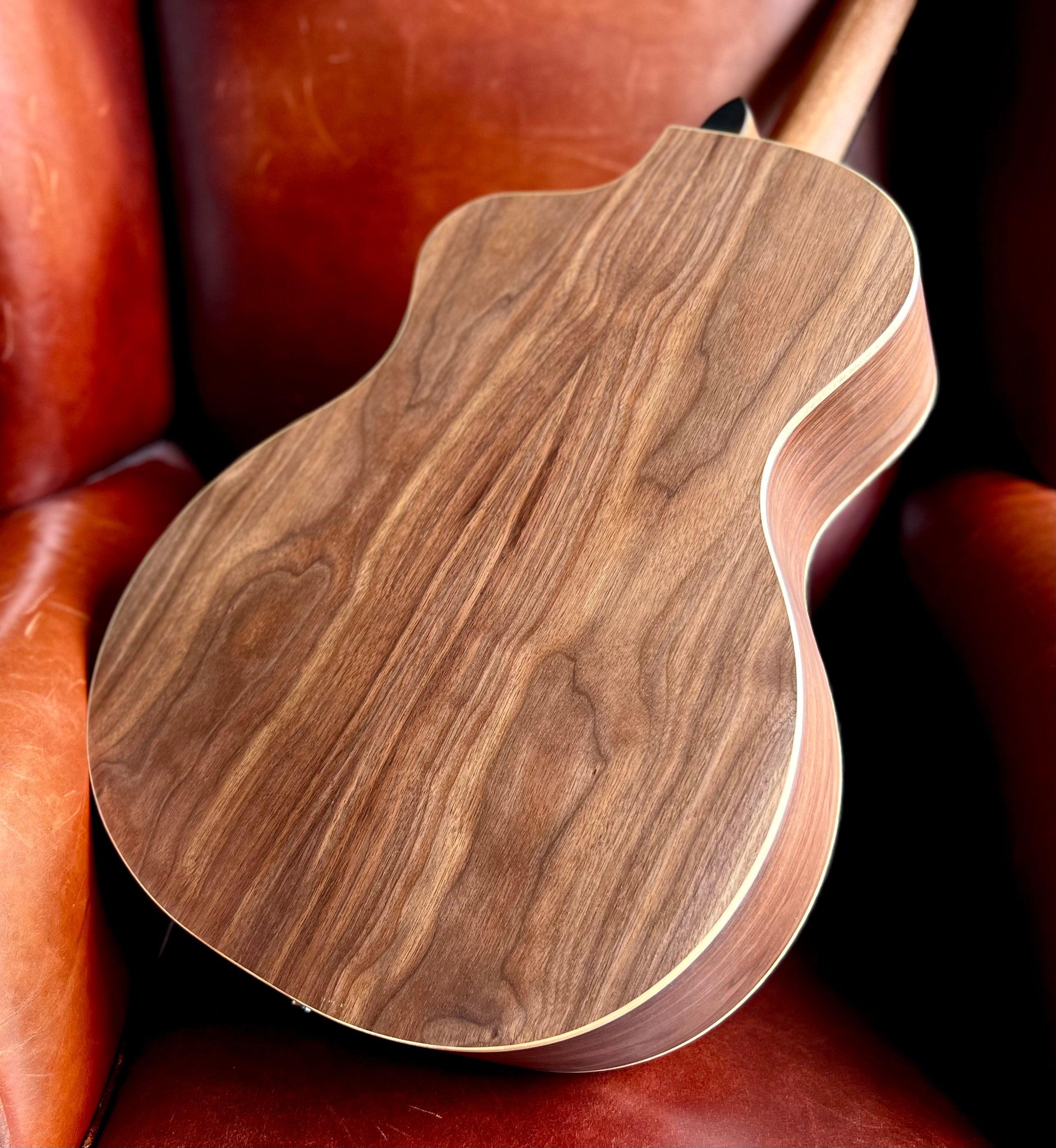
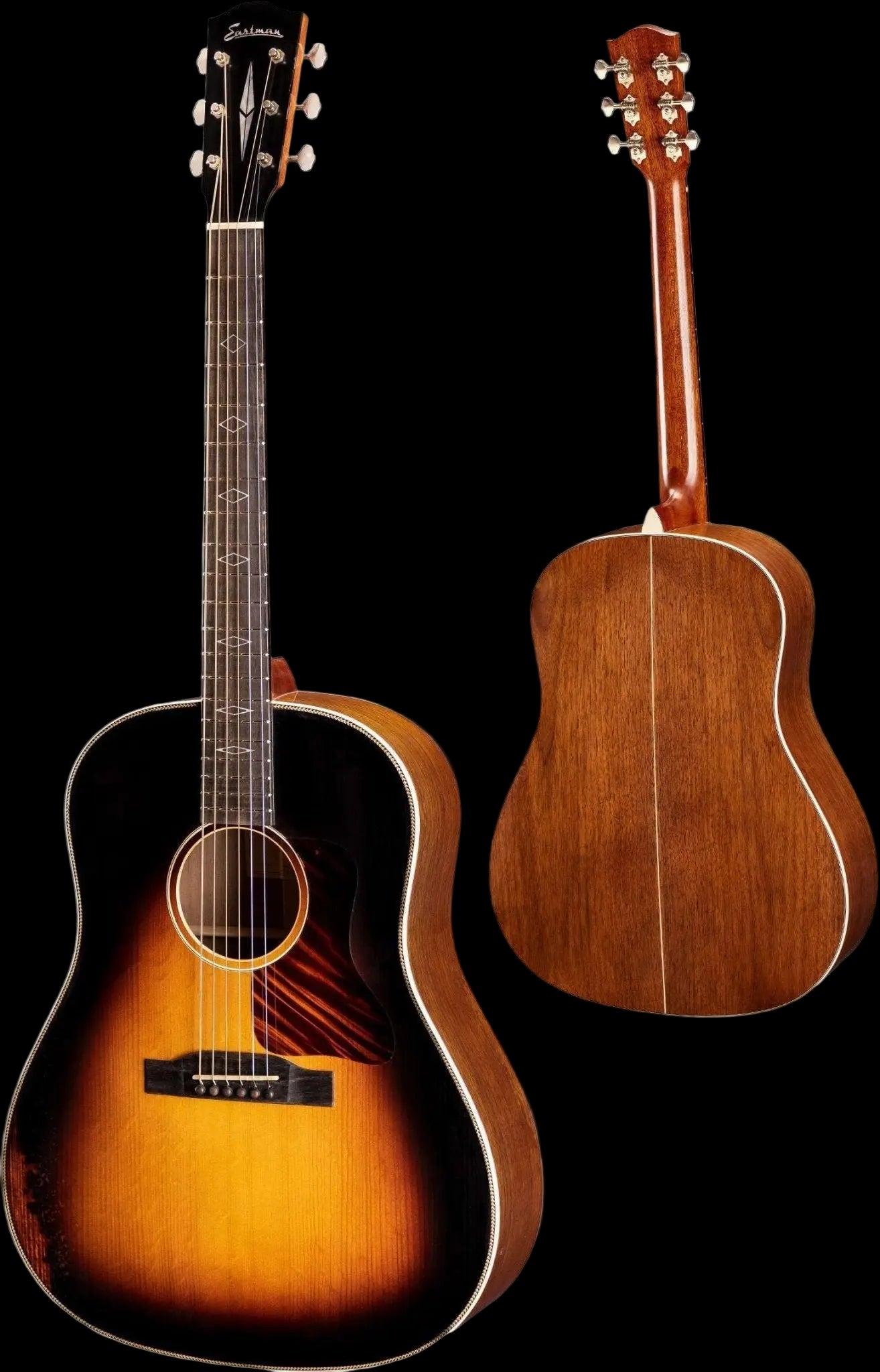

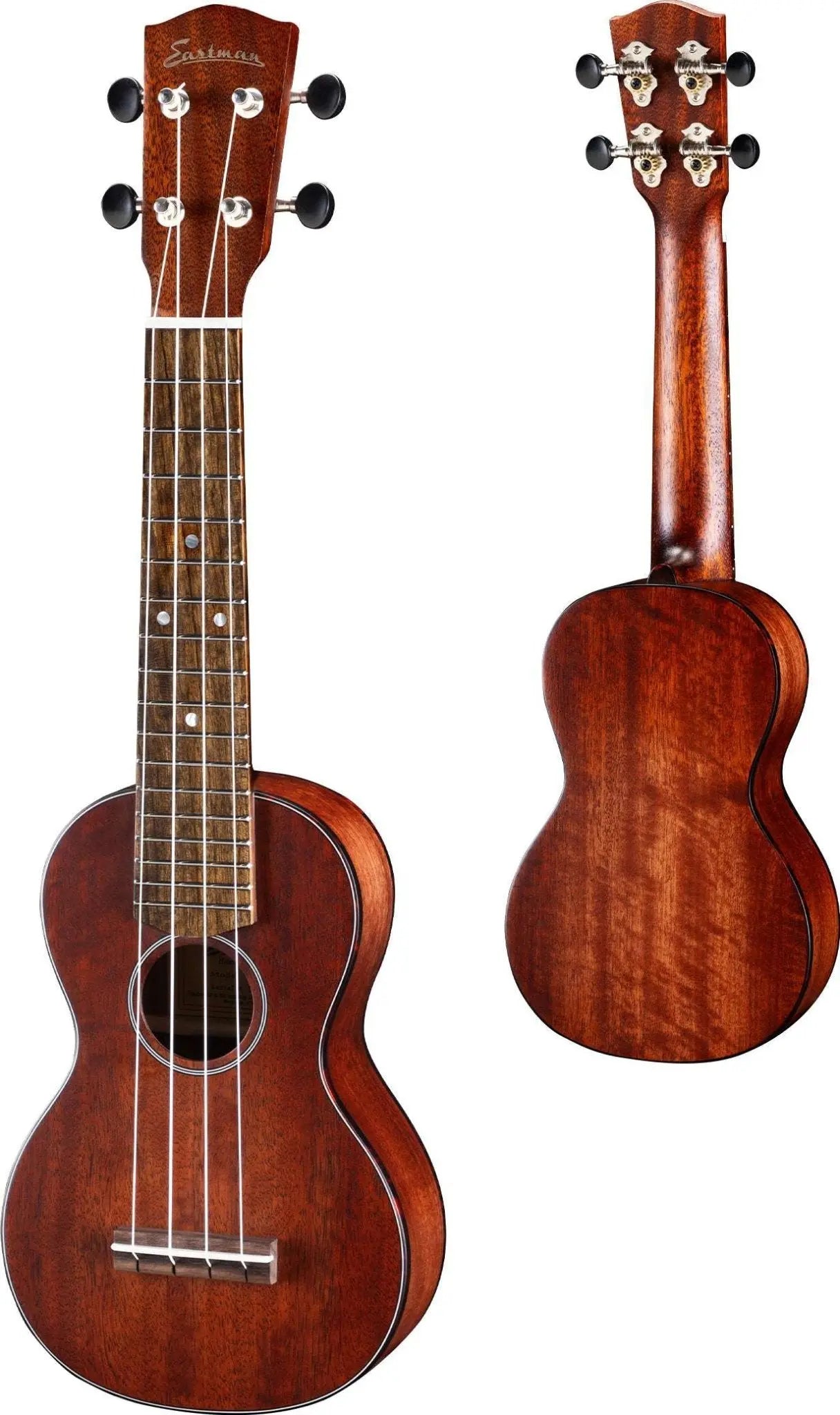
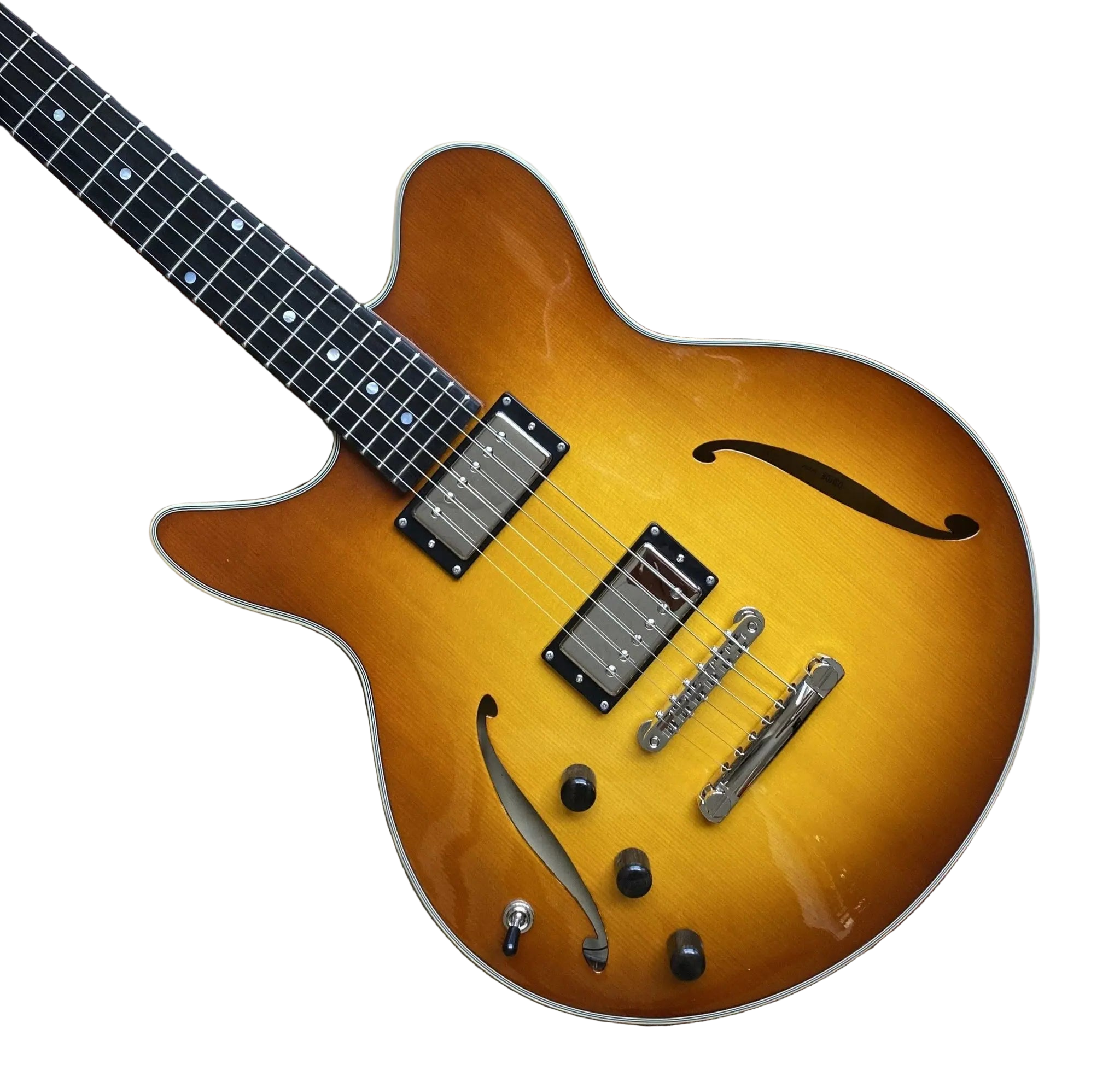
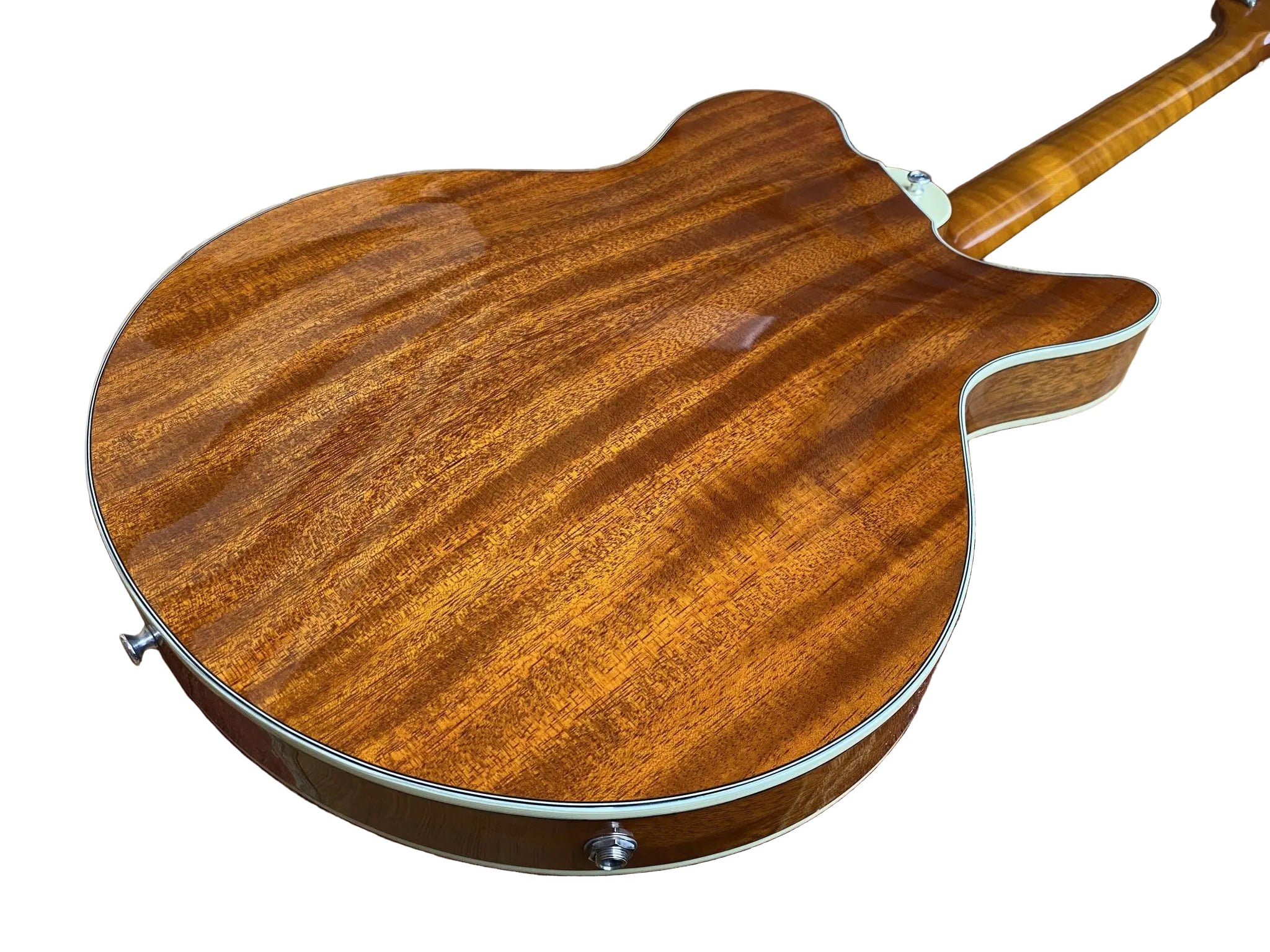
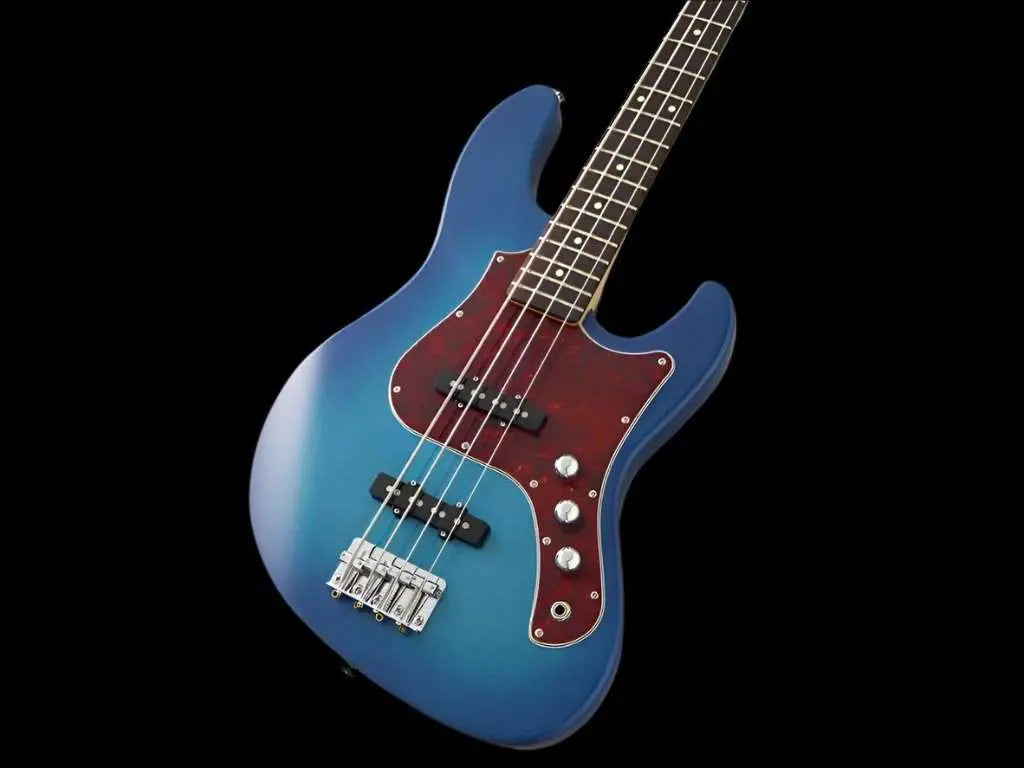

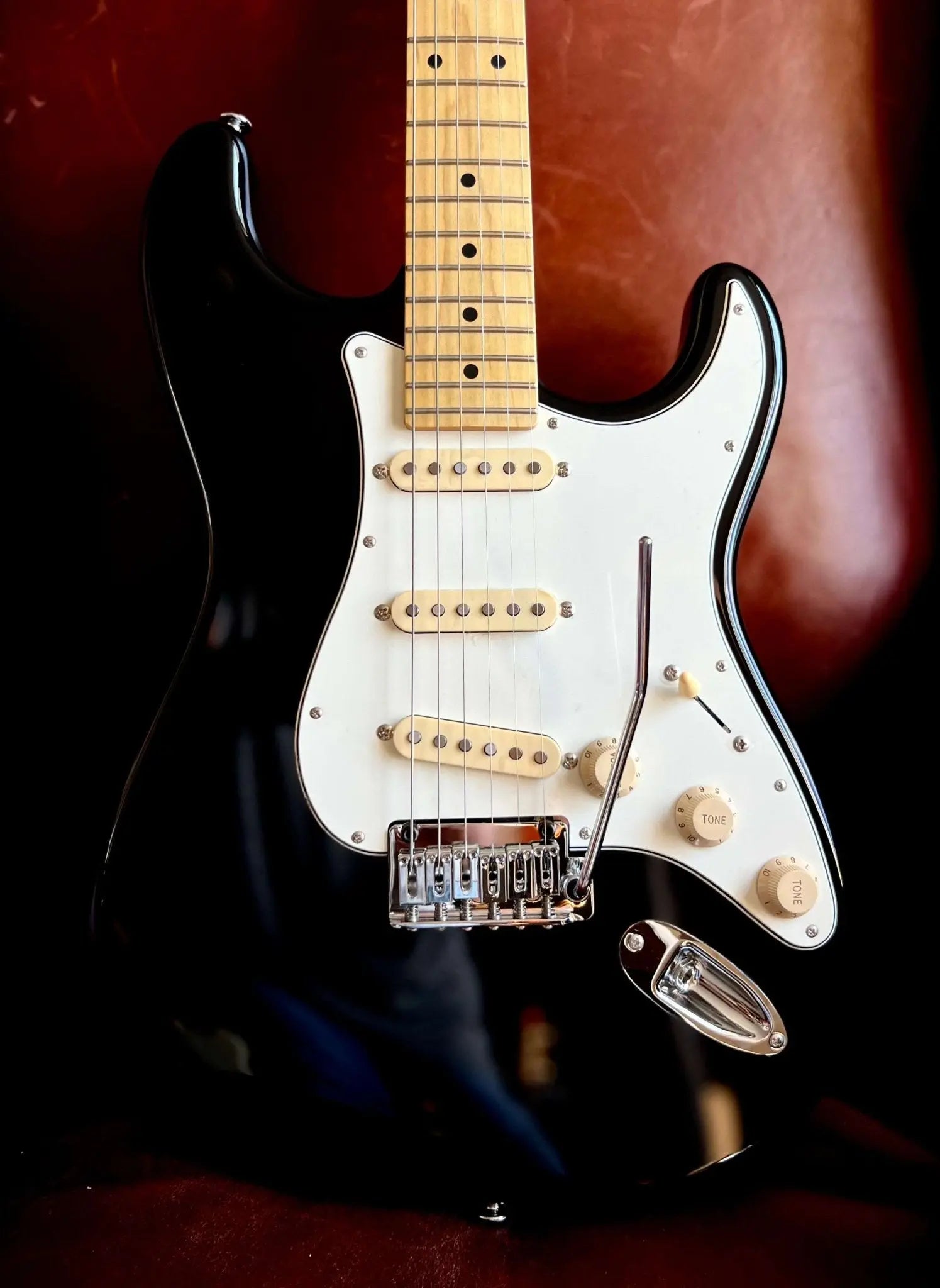
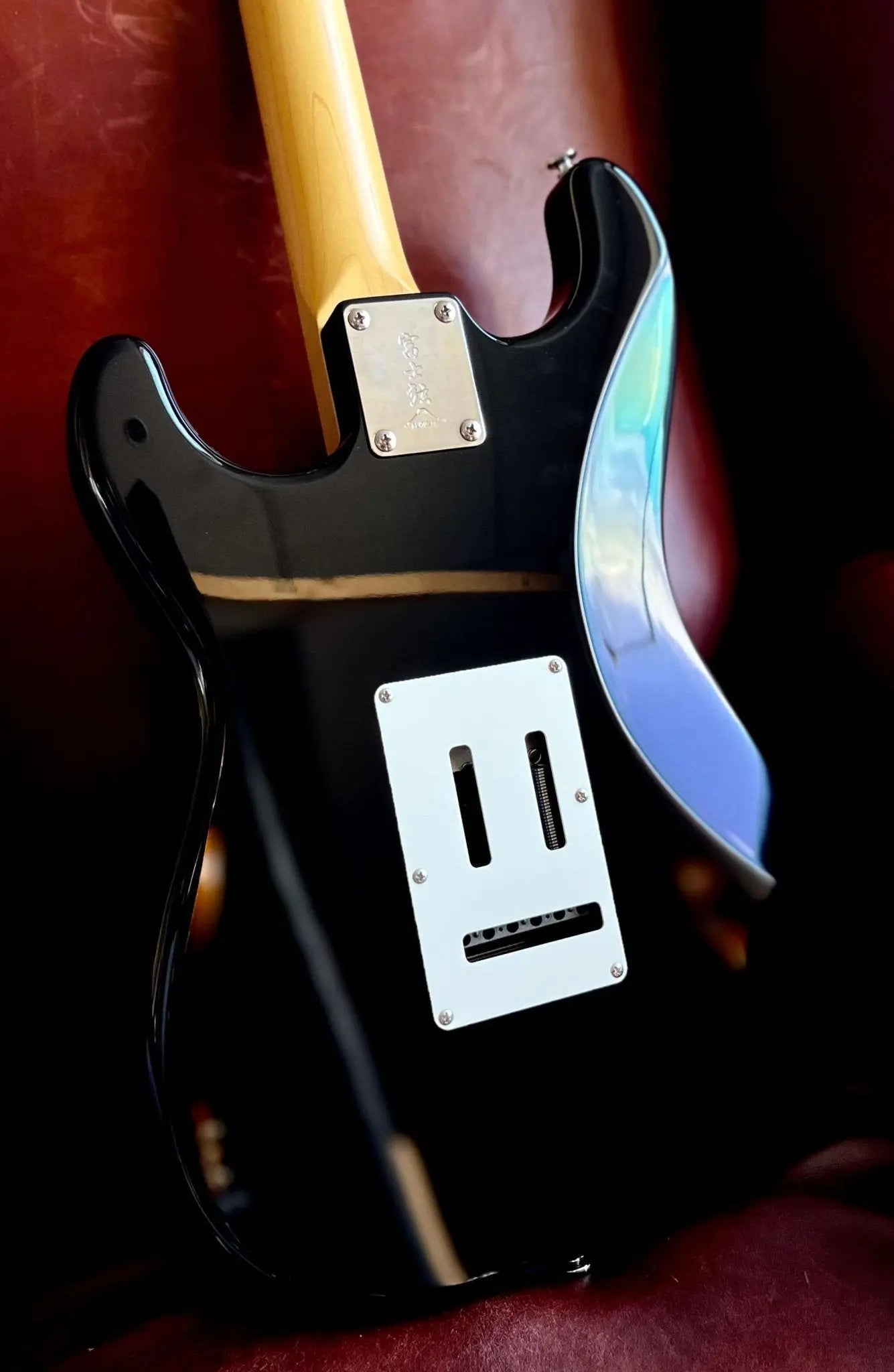

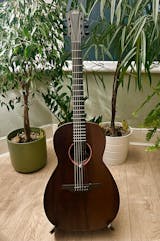




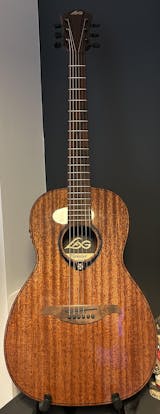


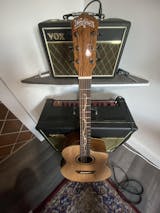

Leave a comment
This site is protected by hCaptcha and the hCaptcha Privacy Policy and Terms of Service apply.